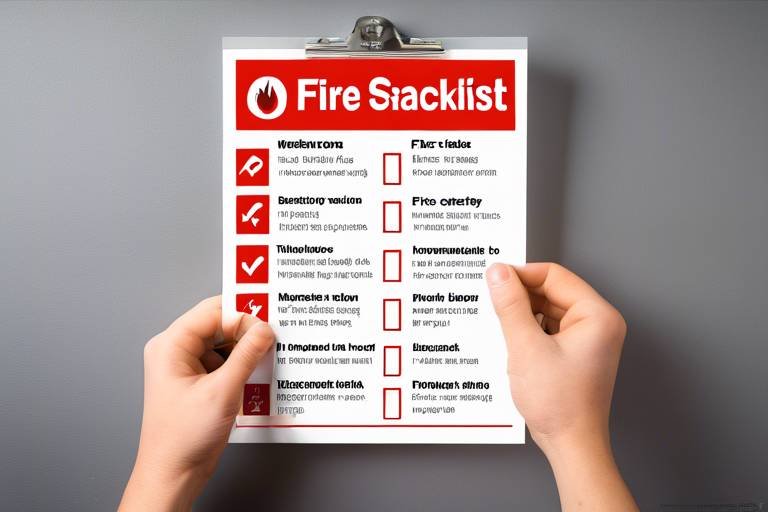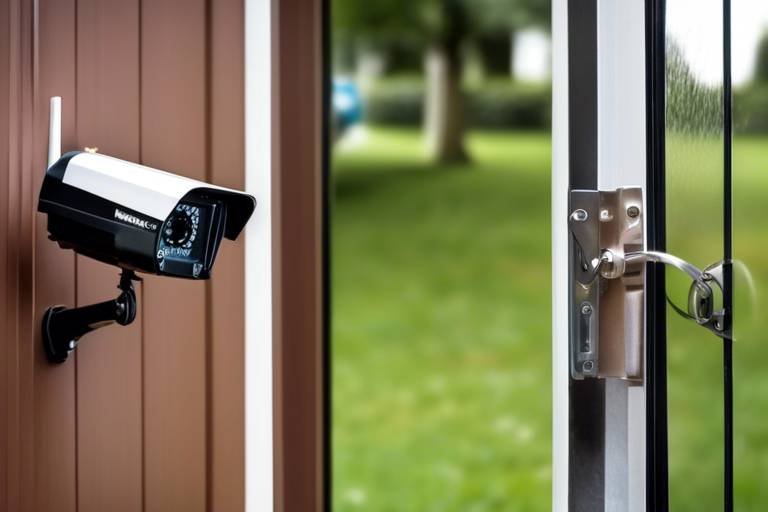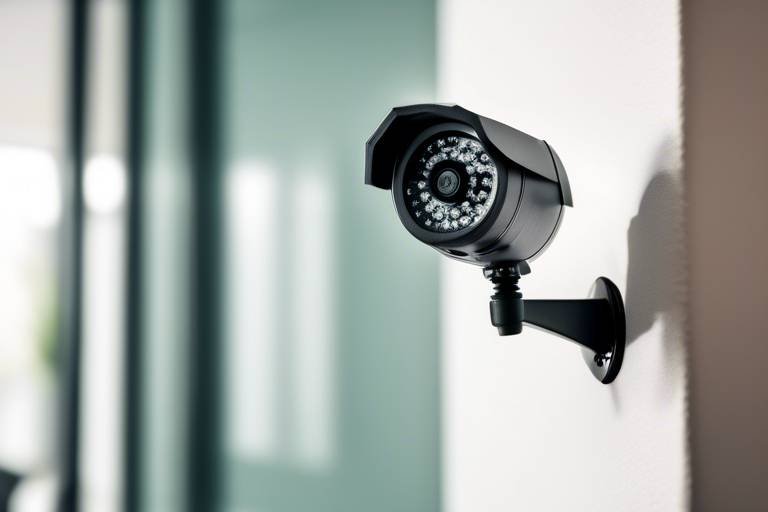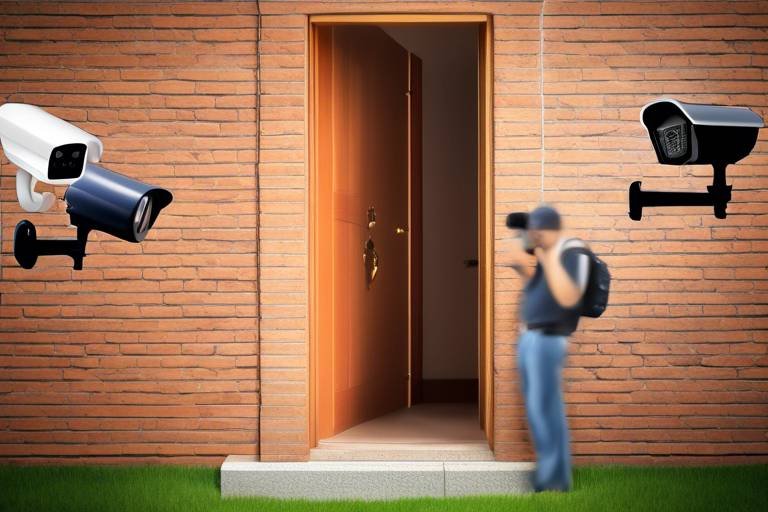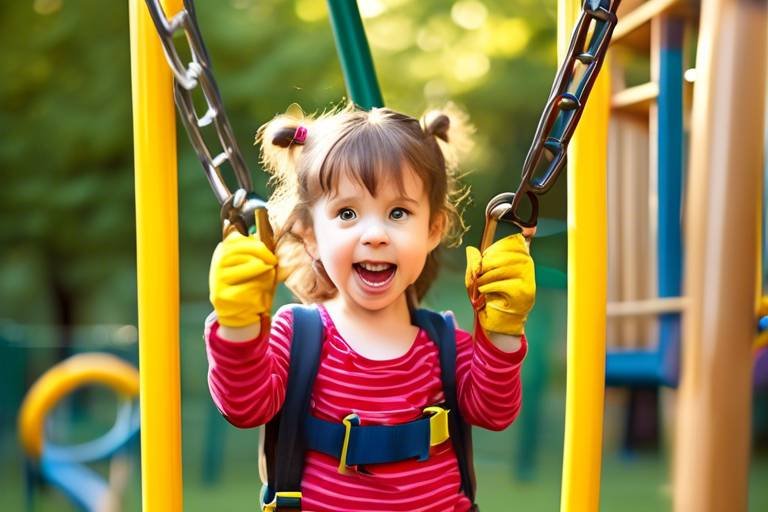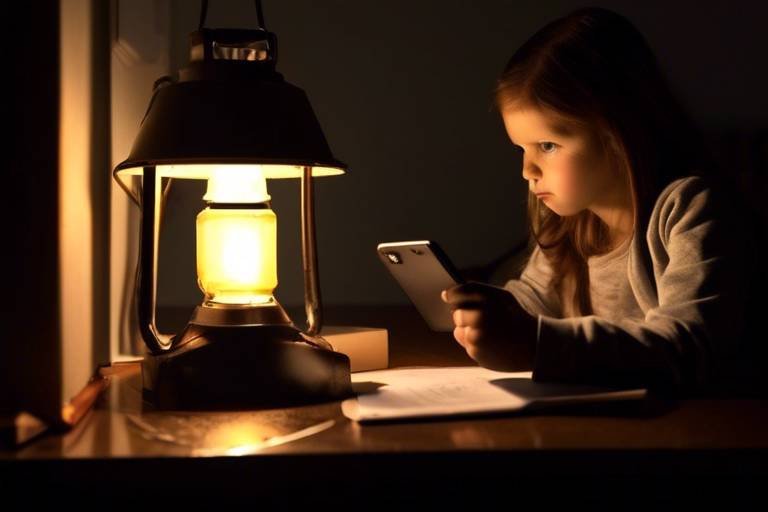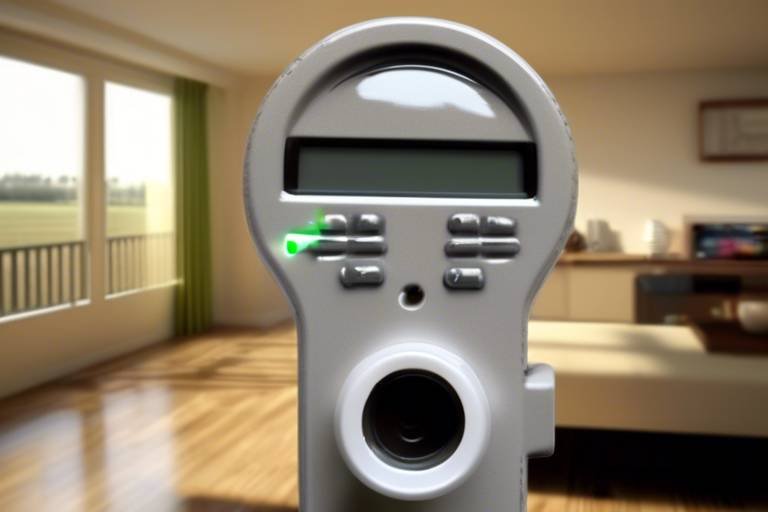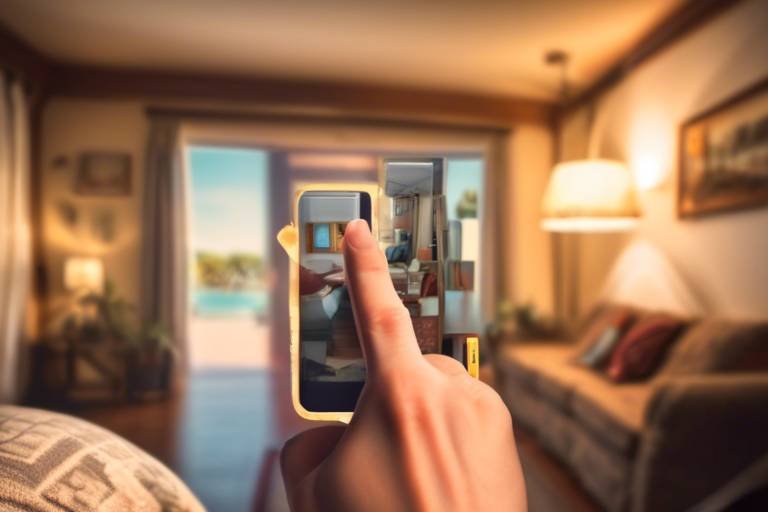Safety Tips for Apartment Living
Living in an apartment can be a fantastic experience, offering a sense of community and convenience. However, it also comes with its own set of safety challenges. Whether you’re a seasoned apartment dweller or a newcomer, it’s crucial to prioritize your safety and well-being in these shared spaces. This article provides essential safety tips for apartment dwellers, focusing on practical measures to enhance security and well-being in shared living spaces. By being proactive and informed, you can create a safe haven for yourself and your loved ones.
First things first, let's talk about the security features of your apartment. Every apartment complex is equipped with various security measures, such as locks, alarms, and intercom systems. Familiarizing yourself with these features is vital. Ensure that all locks are functioning properly and that you know how to operate the alarm system, if available. Remember, a strong first line of defense starts with understanding what you have at your disposal. If something seems off, don’t hesitate to report it to your building management.
Creating a safety plan is crucial for emergencies. Think of it as your roadmap during a crisis. This plan should outline how you will evacuate and communicate in case of fire or other emergencies. Start by identifying the safest exit routes from your apartment. Make it a fun exercise! Walk through these routes with your family or roommates, and practice how to exit quickly and safely. You’d be surprised how much more prepared you’ll feel once you’ve done this a couple of times.
Compile a list of emergency contacts that you can easily access. This list should include local authorities, building management, and trusted neighbors. Having quick access to help can make a world of difference in a crisis. You can even create a small card with these contacts and keep it on your fridge or in your wallet. Trust me, it’s better to be safe than sorry!
Knowing the contact numbers for local emergency services is essential. This includes the police, fire department, and medical assistance. Make sure to save these numbers in your phone and write them down in a visible place. In a stressful situation, you want to eliminate any additional stress of searching for numbers.
Establishing communication with your neighbors can create a support network that enhances safety. It’s always good to know who lives next door. You can share emergency plans and keep an eye on each other’s apartments when someone is away. A simple hello in the hallway can go a long way in building that rapport.
Identifying and practicing evacuation routes from your apartment is key. Make sure you know at least two exits from your building and how to access them quickly. In a panic, it’s easy to forget the most straightforward paths, so practicing can help solidify these routes in your mind.
Implementing security measures in your apartment can deter potential intruders. Start with the basics: always lock your doors and windows when you leave or retire for the night. It might sound simple, but it’s the most effective way to keep unwanted guests out. Additionally, consider investing in security devices such as cameras, motion sensors, and smart locks. These devices not only enhance your security but can also provide peace of mind.
Make it a habit to double-check that all doors and windows are locked before you leave or go to bed. You might think, “I live in a safe neighborhood,” but it only takes a moment for someone to take advantage of an unlocked door. Treat your home like a fortress!
Investing in security devices can significantly enhance your apartment's security. Consider options like video doorbells, smart locks, and motion-activated lights. These devices not only deter intruders but also allow you to monitor your space from anywhere, giving you a sense of control and security.
Understanding fire safety is vital for apartment living. Fire can spread rapidly in shared living spaces, so taking fire safety precautions is a must. Regularly check your smoke detectors and replace the batteries as needed. A functioning smoke detector can be the difference between life and death in an emergency.
Smoke detectors should be a non-negotiable part of your fire safety plan. Test them monthly and replace the batteries at least once a year. If you hear that annoying beep, it’s time to take action!
Having a fire extinguisher readily available can be crucial in controlling small fires before they escalate. Make sure you know how to use it effectively. Familiarize yourself with the PASS technique: Pull, Aim, Squeeze, and Sweep. It’s simple, but it could save your life.
Personal safety is paramount in apartment living. Stay aware of your surroundings, especially when entering or exiting your apartment. Look around and trust your instincts. If something feels off, it probably is! Consider learning basic self-defense techniques to empower yourself and increase your confidence in handling potentially dangerous situations.
Being aware of your surroundings is like having a sixth sense. When you’re entering or exiting your apartment, take a moment to look around. Are there any unfamiliar faces? Is anything out of the ordinary? Staying alert can help you spot potential threats before they become an issue.
Consider taking a self-defense class. Not only will it equip you with valuable skills, but it will also boost your confidence. Knowing how to defend yourself can make a significant difference in your overall sense of security.
Engaging with your apartment community can enhance safety and foster a sense of belonging. Participating in neighborhood watch programs can help create a safer environment. It promotes vigilance and cooperation among residents, making everyone feel more secure.
Starting or joining a neighborhood watch program can be a fantastic way to get involved. It encourages residents to look out for one another and report any suspicious activity. Plus, it’s a great way to meet your neighbors!
Attending community events can strengthen relationships with neighbors, making it easier to communicate and collaborate on safety initiatives. From potlucks to safety workshops, these gatherings can help create a cohesive community.
Conducting regular safety assessments of your apartment and building can help identify potential hazards and improve overall security. Make it a routine to inspect your living space for anything that might pose a risk.
Look for potential hazards such as faulty wiring, blocked exits, or anything that could cause a trip hazard. Addressing these issues promptly can prevent accidents and keep everyone safe.
If you notice any safety issues, report them to your building management immediately. Prompt reporting ensures that problems are addressed and resolved in a timely manner, keeping your living environment safe for everyone.
Q: What should I do if I feel unsafe in my apartment?
A: Trust your instincts. If something feels off, take action. Consider speaking to your building management or local authorities if necessary.
Q: How often should I check my smoke detectors?
A: It’s recommended to test your smoke detectors monthly and replace the batteries at least once a year.
Q: What is the best way to get to know my neighbors?
A: Start with a friendly greeting when you see them. Consider organizing a small gathering or attending community events to foster connections.
Q: Are neighborhood watch programs effective?
A: Yes! Neighborhood watch programs can significantly enhance community safety by promoting vigilance and cooperation among residents.
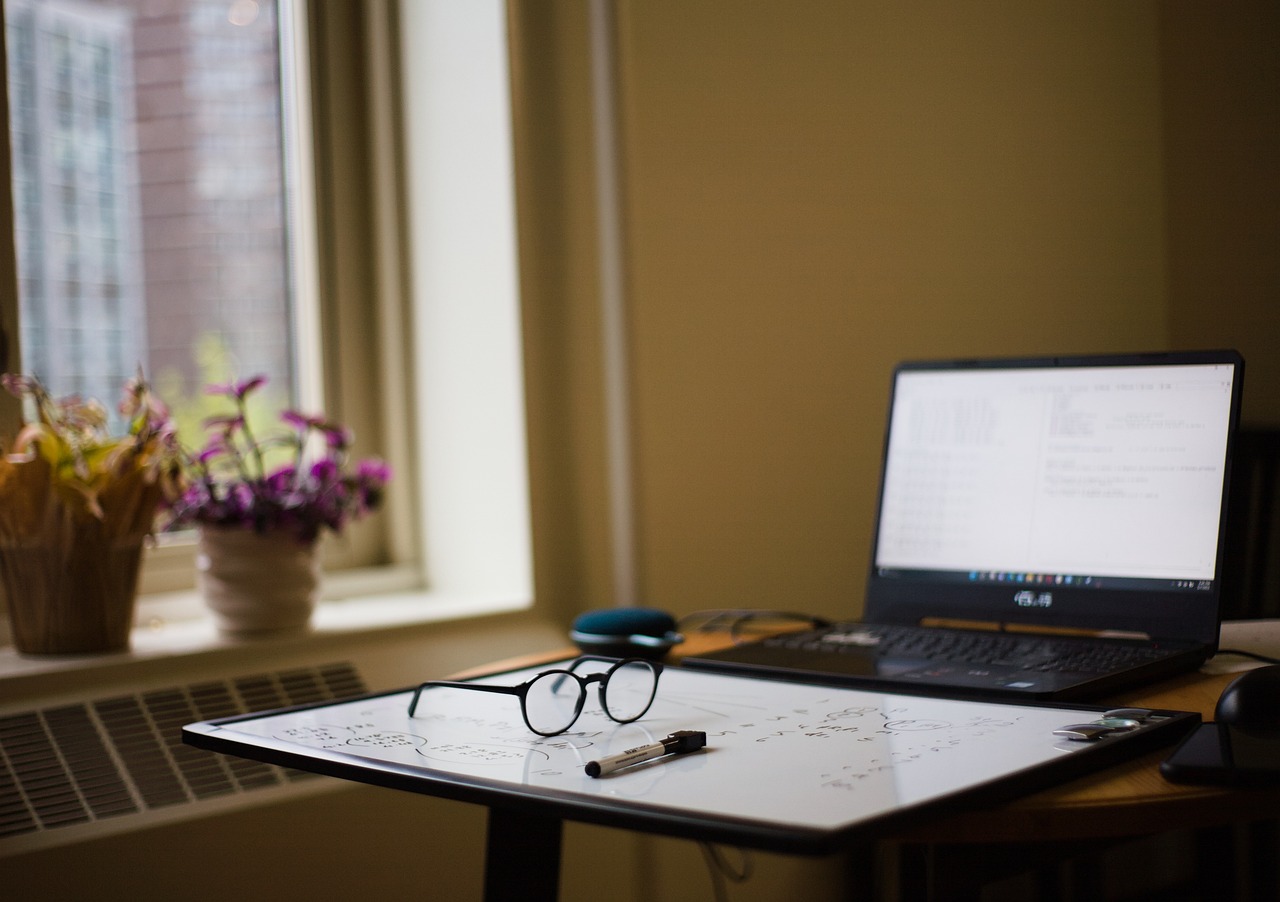
Understanding Your Apartment's Security Features
When it comes to feeling safe in your apartment, understanding the security features available to you is absolutely essential. Think of your apartment as a fortress; if you don’t know where the weak spots are, how can you protect yourself? Start by familiarizing yourself with the various locks on your doors and windows. Are they deadbolts, standard locks, or perhaps smart locks? Each type has its own level of security, and knowing how they work can help you feel more secure. For instance, a deadbolt can provide that extra layer of protection that a standard lock might lack.
Next, don't overlook the importance of alarm systems and intercoms. Many modern apartments come equipped with these features, which can alert you to unauthorized entry or allow you to communicate with visitors before granting them access. If your apartment has an alarm system, make sure you know how to use it effectively. Take some time to read through the manual or consult with your landlord if you're unsure. You wouldn’t want to be fumbling with a system during a critical moment!
Additionally, consider the layout of your building. Are there security cameras in common areas? Is there a doorman or security personnel? Knowing the level of surveillance in your building can significantly impact your peace of mind. Even if you feel safe, it's wise to remain vigilant. For example, if you notice that a camera is out of order, report it immediately. Keeping an eye on these features not only protects you but also contributes to the safety of your neighbors.
To help you grasp the importance of these security features, here’s a quick overview:
| Security Feature | Importance |
|---|---|
| Locks (Deadbolts, Smart Locks) | Provides primary defense against unauthorized entry. |
| Alarm Systems | Alerts you to potential break-ins and can deter intruders. |
| Intercom Systems | Allows you to communicate with visitors without opening the door. |
| Surveillance Cameras | Acts as a deterrent and provides evidence in case of incidents. |
In summary, understanding your apartment's security features is not just about knowing what’s available; it’s about actively engaging with those features to enhance your safety. Remember, a little knowledge can go a long way in ensuring your peace of mind. So, take the time to assess your security features, and don’t hesitate to reach out to your building management if you have any concerns. They are there to help you feel secure in your home!
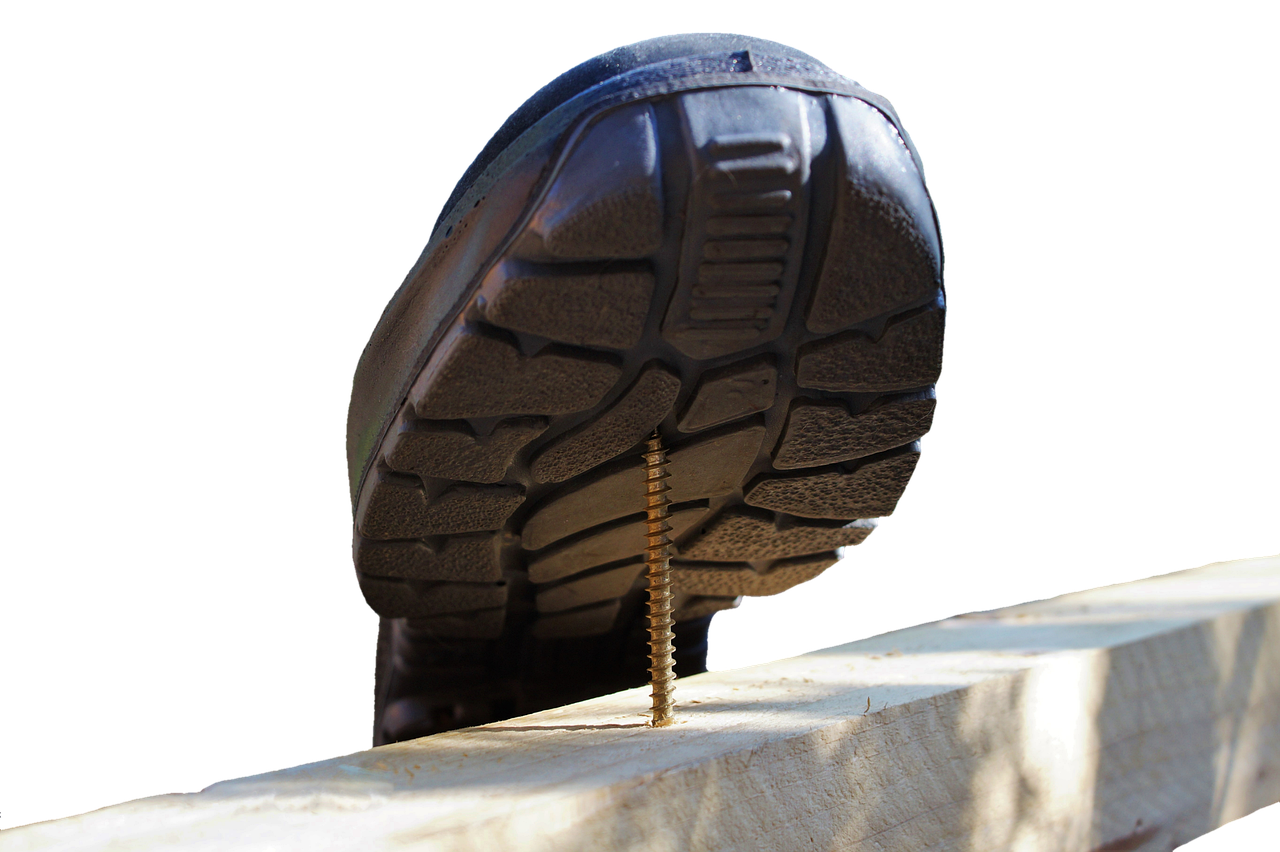
Building a Safety Plan
Creating a safety plan is not just a good idea; it's a necessity for anyone living in an apartment. Think of it as your personal roadmap to safety in case of emergencies. Whether it's a fire, a natural disaster, or any other unexpected event, having a well-thought-out plan can make all the difference. So, where do you start? First, you need to assess your living situation. Walk through your apartment and identify the safest exit routes. This might sound simple, but in the heat of the moment, knowing the quickest way out can save precious seconds.
Next, it's essential to establish a communication plan. In emergencies, staying connected with your loved ones can be a challenge. Consider how you will reach out to family or friends if you find yourself in a stressful situation. You might want to create a group chat or a dedicated contact list on your phone. It’s also a good idea to have a designated meeting place outside your building where you can regroup with your family or roommates. This way, everyone knows where to go and can check in safely.
Compile a list of emergency contacts that includes local authorities, building management, and trusted neighbors. This list should be easily accessible—perhaps saved on your phone or printed and placed on your fridge. In the chaos of an emergency, having quick access to these contacts can provide peace of mind. You never know when you might need to call for help, and having these numbers at your fingertips can make a stressful situation a little less daunting.
Knowing the contact numbers for local emergency services is crucial. Here’s a quick reference table to help you out:
| Service | Contact Number |
|---|---|
| Police | 911 |
| Fire Department | 911 |
| Medical Assistance | 911 |
Make sure to familiarize yourself with these numbers and keep them handy. You might even want to save them in your phone under a 'Safety' contact group!
Establishing communication with your neighbors can create a support network that enhances safety. Imagine this: you’re in the middle of an emergency, and you can’t reach your family. But your neighbor, who you’ve gotten to know, can help you out. Having a friendly relationship with those living around you can be a game-changer. Consider organizing a casual get-together to discuss safety measures and share contact information. This way, you’re not just looking out for yourself but also building a community that cares.
Once you’ve established your communication plan and emergency contacts, it’s time to focus on evacuation routes. Identify the best ways to exit your apartment and the building. Don’t just think about the main exit; consider alternative routes in case one is blocked. Walk through these routes with your family or roommates, so everyone knows exactly what to do when the time comes. Practicing these routes can reduce panic and confusion during an actual emergency.
In conclusion, building a safety plan is about preparation and awareness. By taking the time to create a plan, you not only enhance your safety but also build confidence in your ability to handle emergencies. Remember, a little preparation goes a long way in ensuring your peace of mind and well-being in your apartment living experience.
- What should I include in my emergency contact list?
Your emergency contact list should include local emergency services, building management, trusted friends, and family members. Make sure these contacts are easily accessible.
- How often should I practice my evacuation routes?
It’s a good idea to practice your evacuation routes at least twice a year. This helps keep the routes fresh in everyone’s mind and ensures that you can exit quickly in an emergency.
- What if I live alone?
If you live alone, it’s even more important to have a safety plan. Consider joining community groups or reaching out to neighbors to build a support network.
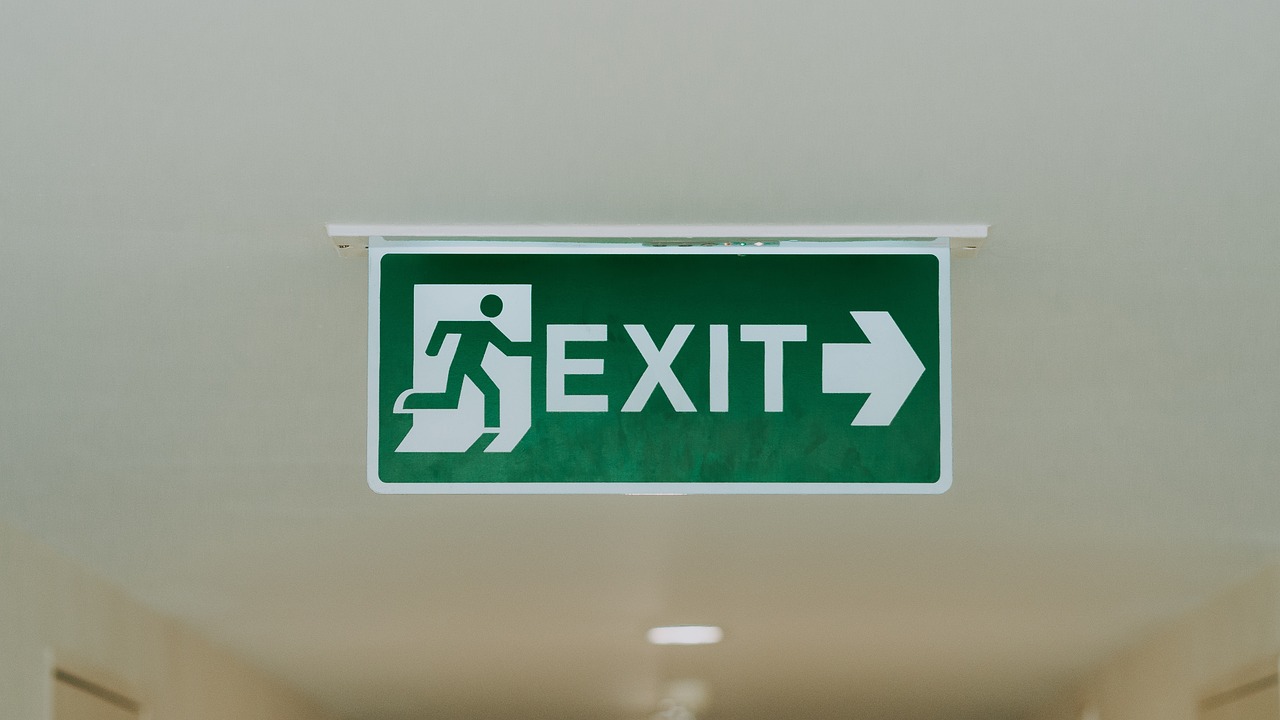
Emergency Contacts
When it comes to apartment living, having a solid list of is like having a safety net. You never know when a situation might arise that requires immediate assistance, whether it's a fire, medical emergency, or even a plumbing disaster. Therefore, it's essential to compile a comprehensive list of contacts that you can rely on during such times. This list should include not only local emergency services but also your building management and trusted neighbors who can lend a helping hand.
Start by jotting down the numbers for local emergency services. This includes the police, fire department, and medical assistance, which are crucial for any urgent situation. You might think, "I can just Google it in an emergency," but in a moment of panic, having these numbers readily available can save precious seconds. Consider the following table that outlines the essential contacts you should have:
| Service | Contact Number |
|---|---|
| Police Department | 911 |
| Fire Department | 911 |
| Medical Assistance | 911 |
| Building Management | [Your Building's Number] |
| Trusted Neighbor | [Neighbor's Number] |
Next, think about your immediate surroundings. Your neighbors can be a vital resource in times of need. Establishing a good rapport with them allows you to exchange contact information easily. This way, if you're ever in a bind, you can quickly reach out to someone nearby who might be able to help. Imagine being in a situation where you need to leave your apartment quickly; having a neighbor you trust can provide peace of mind.
Lastly, don’t forget to keep this list in a place that’s easily accessible. You might choose to hang it on your refrigerator, store it in your phone, or even keep a printed copy in your wallet. The goal is to ensure that, when the time comes, you won’t be scrambling to find crucial numbers. Remember, being prepared isn’t just about having the right contacts; it’s about having the right mindset. Taking a few minutes to organize this information can make a world of difference when emergencies strike.
- What should I include in my emergency contact list? It's best to include local emergency services, building management, trusted neighbors, and any family members or friends who can assist.
- Where should I keep my emergency contact list? You can keep it on your refrigerator, in your phone, or in your wallet for easy access.
- How often should I update my emergency contacts? Review and update your list at least once a year or whenever there are changes in your living situation.
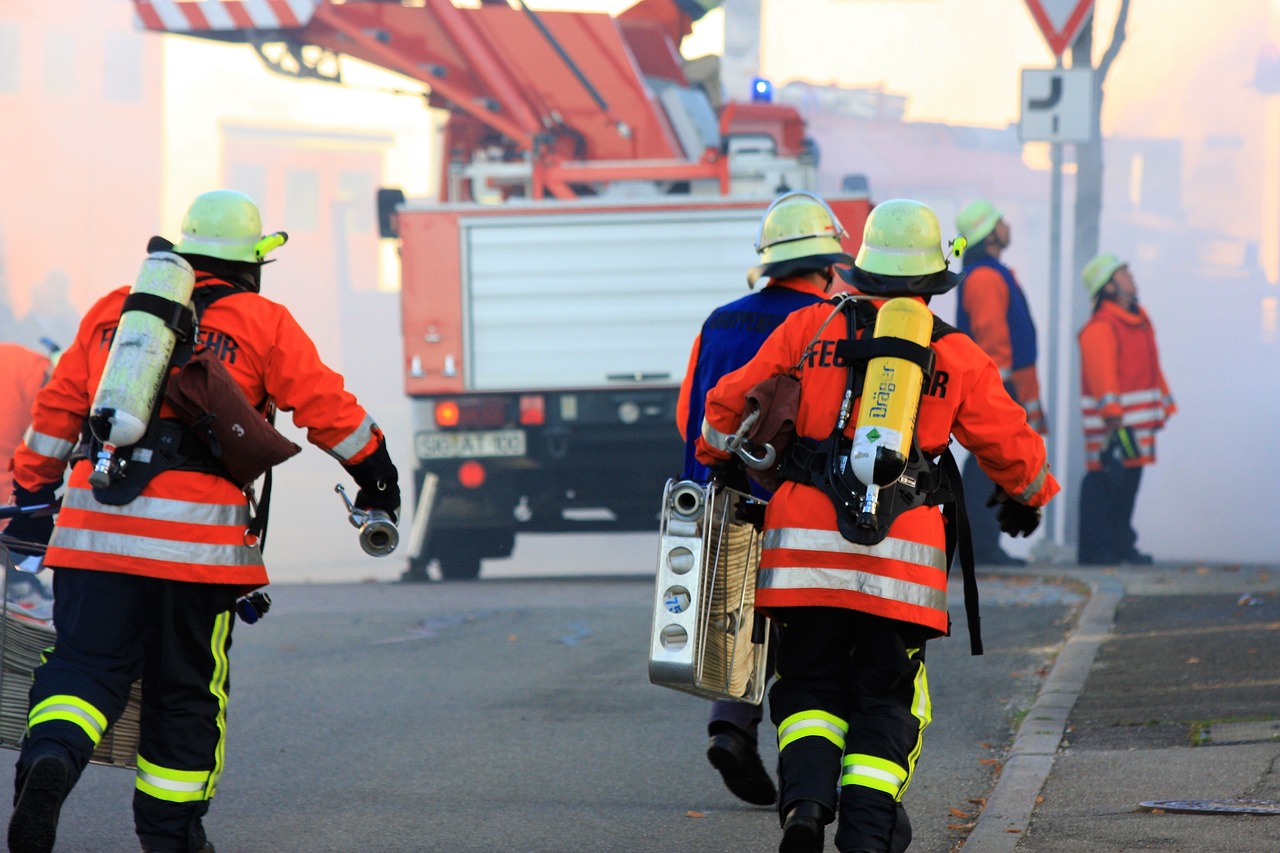
Local Emergency Services
Understanding the local emergency services available to you is crucial for ensuring your safety in an apartment setting. Knowing whom to call in a crisis can make all the difference between a minor incident and a major disaster. For instance, if you hear a commotion in the hall or smell smoke, you need to act quickly. But who do you call? It’s essential to have a list of local emergency numbers saved in your phone or posted visibly in your apartment.
Here’s a quick reference of the primary local emergency services you should be aware of:
| Service | Contact Number |
|---|---|
| Police Department | 911 (or your local police number) |
| Fire Department | 911 (or your local fire number) |
| Emergency Medical Services | 911 (or your local EMS number) |
| Poison Control Center | 1-800-222-1222 |
In addition to knowing these numbers, it’s wise to familiarize yourself with the locations of nearby hospitals and urgent care facilities. You never know when you might need immediate medical attention, and having that information readily available can save precious time. Be sure to check if your apartment complex has a designated emergency contact as well; this person can help coordinate responses during crises.
Furthermore, consider creating a small emergency kit that includes not just medical supplies, but also essential contact information for local services. This could include:
- Your primary care physician's contact details
- Local family and friends who can assist in emergencies
- Your building management's contact number
Establishing a connection with your neighbors can also be a lifesaver. They can provide immediate assistance or help you reach out to emergency services if you're unable to do so. So, don’t hesitate to exchange contact information with those living around you. Being proactive about your safety can empower you and create a supportive community.
In summary, knowing your local emergency services and having their information at your fingertips is an essential part of apartment living. It not only helps you feel secure but also prepares you to respond effectively in emergencies. Remember, safety is not just about having the right contacts; it’s about being informed and ready to act when it matters most.
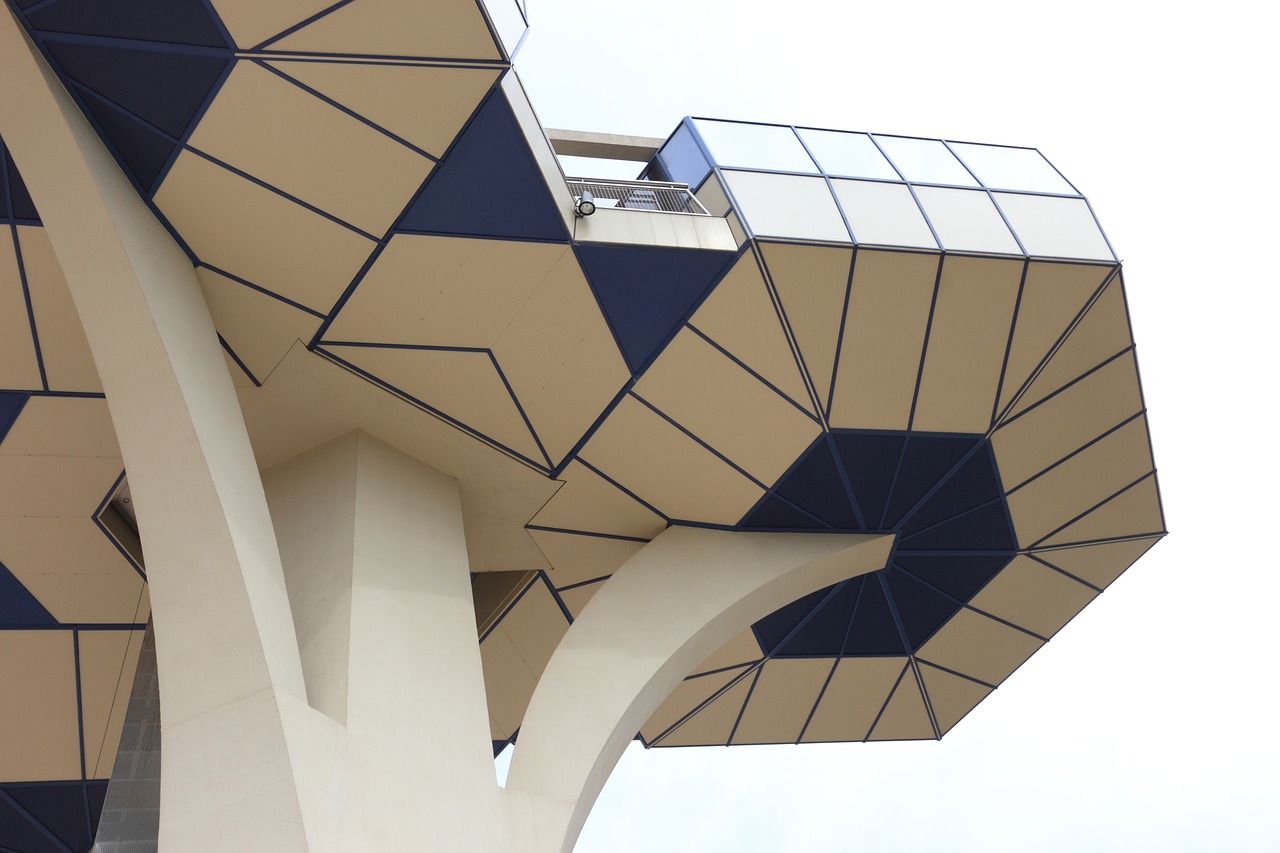
Neighbor Communication
Establishing effective communication with your neighbors is not just a friendly gesture; it's a vital component of enhancing safety in your apartment community. Think of it as building a safety net—when you know your neighbors and they know you, it creates a sense of security that can be invaluable in times of need. So how do you go about fostering this communication? Start by introducing yourself to those living nearby. A simple "Hi, I'm [Your Name], I live in [Your Apartment Number]" can go a long way. You might be surprised at how quickly a friendly wave can turn into a reliable rapport.
Consider setting up a group chat or a social media group for residents in your building. This can serve as a platform for sharing important information, such as maintenance updates, community events, or even alerts about suspicious activity. Not only does this keep everyone informed, but it also strengthens the bond among neighbors, making it easier to reach out in emergencies.
Another effective way to enhance neighbor communication is through informal gatherings. Whether it’s a weekend barbecue, a holiday potluck, or simply a coffee morning, these events can break down barriers and foster connections. Regular interaction makes it easier to discuss safety concerns and share tips on how to stay secure. You could even consider organizing a neighborhood watch program, where everyone can contribute to keeping the area safe.
In addition to social gatherings, don’t underestimate the power of small acts of kindness. Offer to help a neighbor with groceries or check in on them during extreme weather. These gestures not only build trust but also encourage a culture of looking out for one another. Remember, a strong community is one where everyone feels valued and secure.
Ultimately, effective neighbor communication is about creating a support system. When you know your neighbors, you can look out for each other, share vital information, and respond more effectively in emergencies. So, take the first step—reach out, connect, and watch how your living environment transforms into a safer, more cohesive community.
- Why is neighbor communication important for safety?
Good communication fosters a sense of community, making it easier to share information about safety concerns and look out for one another. - How can I initiate communication with my neighbors?
Start with simple introductions, invite them to social gatherings, or set up a group chat to keep everyone informed. - What should I do if I notice suspicious activity?
Report it to your neighbors and local authorities immediately. Having a communication channel with your neighbors can help address the situation swiftly. - Can community events really make a difference?
Absolutely! They help build relationships and trust, making it easier to collaborate on safety initiatives.
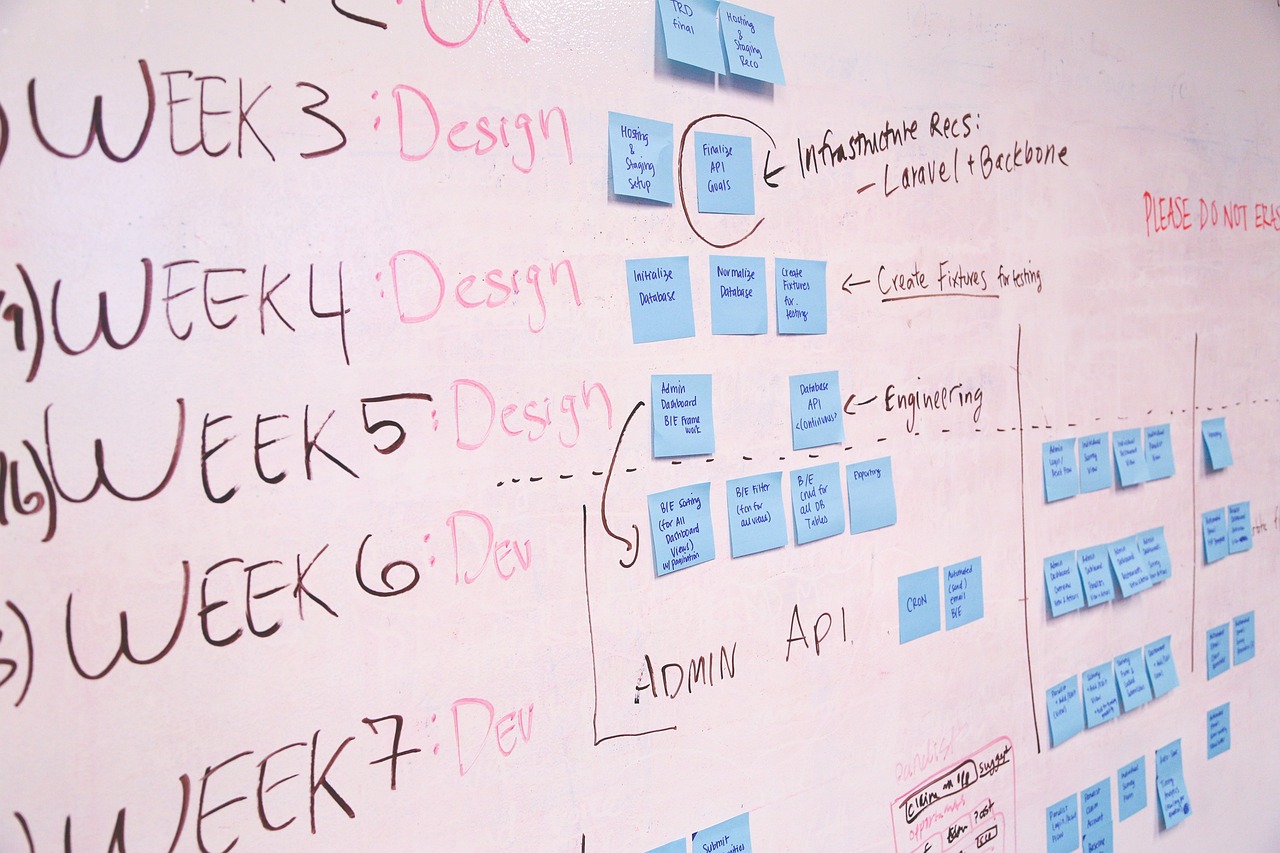
Evacuation Routes
When it comes to apartment living, knowing your can be the difference between safety and chaos during an emergency. Imagine a fire alarm blaring or an unexpected emergency situation unfolding—your ability to react swiftly and efficiently hinges on how well you know the exits. Start by familiarizing yourself with the layout of your building. Take a moment to walk through the hallways, stairwells, and emergency exits. This is not just a casual stroll; you’re mapping out a mental escape plan that could save your life.
Once you’ve identified the exits, it’s crucial to practice your evacuation routes. Just like athletes rehearse their plays, you should run through your escape plan. This doesn’t mean you need to sprint down the hall, but rather, you should walk the route you would take in an emergency. Make note of any potential obstacles that could impede your path, such as furniture or locked doors. If you have roommates or family members, include them in this practice. The more familiar everyone is with the plan, the smoother the evacuation will be.
Consider creating a simple evacuation map that you can display on your refrigerator or bulletin board. This map should clearly outline:
- Your apartment’s location
- All available exits
- Designated meeting points outside the building
In the event of an emergency, it’s essential to have a meeting point outside the building where everyone can gather. This ensures that everyone is accounted for and reduces the risk of confusion. Make sure this location is a safe distance away from the building, as you don’t want to be too close to any potential hazards.
Lastly, it’s wise to keep your phone charged and have a way to communicate with others. In the heat of the moment, you may need to reach out to emergency services or check in with loved ones. Having a plan in place for communication can alleviate some of the stress that comes with emergencies.
Q: What should I do if I can't use the main exit during an emergency?
A: If the main exit is blocked, always have a backup route in mind. Know where alternative exits are located, such as fire escapes or other stairwells. If you're on a higher floor and cannot evacuate, stay low to the ground to avoid smoke inhalation and signal for help from a window.
Q: How often should I practice my evacuation routes?
A: It's recommended to practice your evacuation routes at least twice a year. This will help keep the routes fresh in your mind and ensure that everyone in your household knows what to do in case of an emergency.
Q: Should I inform my neighbors about my evacuation plan?
A: Yes! Sharing your plan with your neighbors can create a sense of community and mutual support. If they are aware of your plan, they might be able to assist you in an emergency, or vice versa.
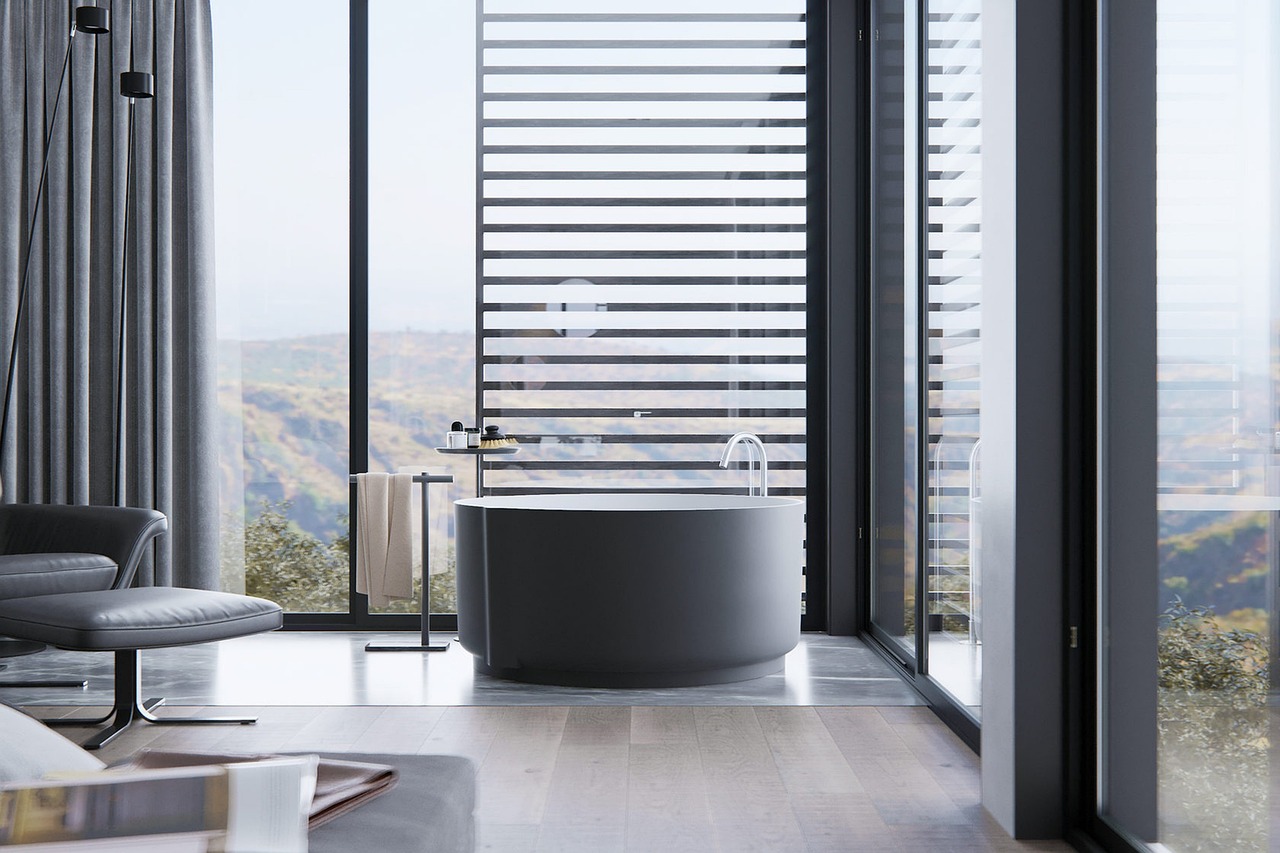
Securing Your Apartment
When it comes to apartment living, ensuring your safety and security should be a top priority. After all, your home is your sanctuary, and you deserve to feel safe within its walls. Securing your apartment goes beyond just locking your doors; it involves a combination of measures that work together to create a secure environment. Start by examining the locks on your doors and windows. Are they sturdy and functioning properly? If not, consider upgrading to high-quality deadbolts or window locks that provide an extra layer of protection. Remember, a determined intruder can be deterred by strong locks, so don’t skimp on this essential aspect.
Another effective way to enhance your apartment’s security is by installing security devices. Think of these gadgets as your personal watchmen, always on guard. Smart locks allow you to control access remotely, while security cameras can provide you with peace of mind by monitoring your property. You might also want to invest in motion sensors that alert you to any unusual activity around your apartment. These devices not only help in preventing break-ins but can also alert you to potential hazards, like fire or flooding. The key is to choose devices that suit your lifestyle and budget.
Additionally, it’s important to be mindful of your surroundings and the people who come in and out of your building. Get to know your neighbors; they can be your first line of defense. Establishing a friendly rapport can lead to a supportive community where everyone looks out for one another. If you notice something suspicious, don’t hesitate to report it to your building management or local authorities. After all, the more vigilant you and your neighbors are, the safer everyone will be.
To further enhance your security, consider implementing the following measures:
- Secure your windows: Use window locks or security film to reinforce glass.
- Install a peephole: This allows you to see who is at your door before opening it.
- Use timers for lights: When you’re away, set timers to turn lights on and off to give the impression that someone is home.
Lastly, don’t forget about the importance of personal safety. Always be aware of your surroundings, especially when entering or exiting your apartment. If something feels off, trust your instincts. Creating a secure living space requires a proactive approach—one that combines physical security measures with awareness and community involvement. By taking these steps, you can enjoy your apartment with confidence, knowing that you’ve done what you can to protect your home.
Q: What should I do if I lose my apartment keys?
A: If you lose your keys, consider changing the locks immediately to prevent unauthorized access. It’s also a good idea to have a spare key with a trusted friend or neighbor.
Q: Are security cameras worth the investment?
A: Yes! Security cameras can deter potential intruders and provide valuable evidence if a crime occurs. They offer peace of mind and can be monitored remotely.
Q: How can I make my apartment less appealing to burglars?
A: Keep your blinds closed, avoid leaving valuables in plain sight, and ensure that your entrance is well-lit. You can also consider joining or forming a neighborhood watch for added security.
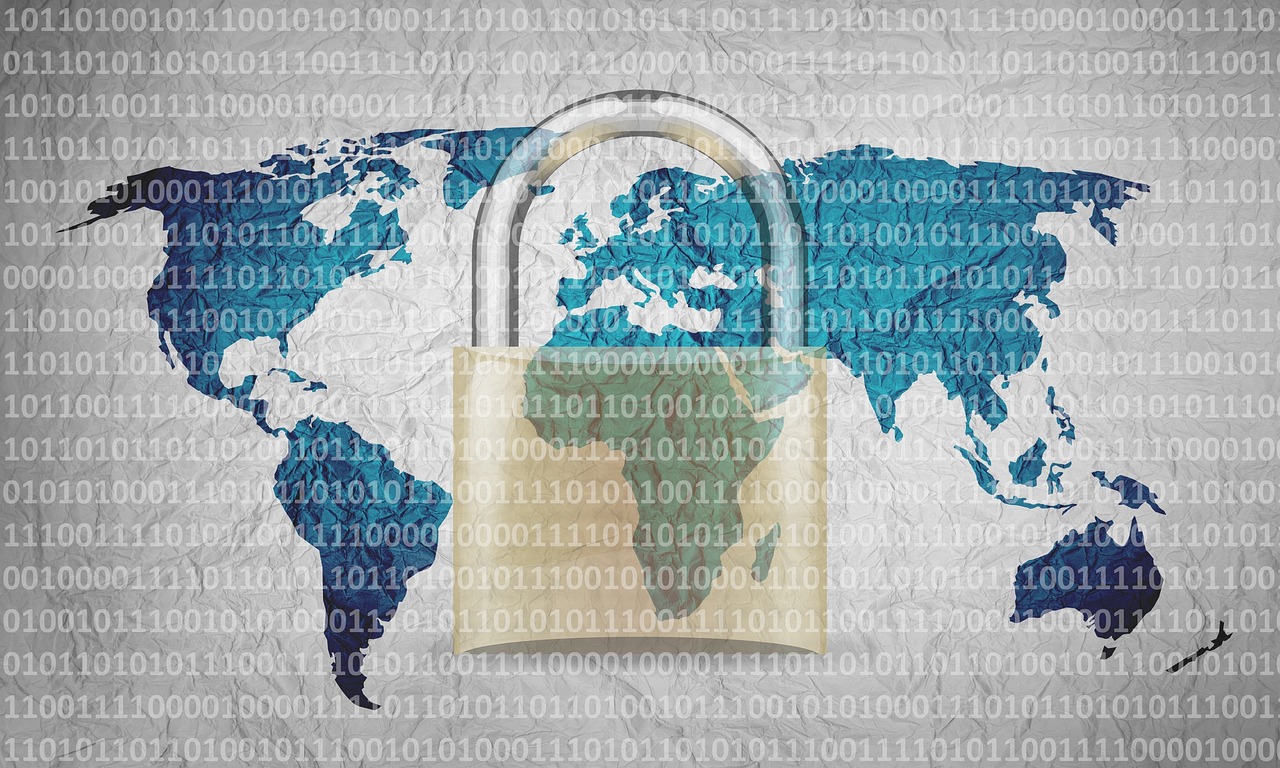
Locking Doors and Windows
When it comes to apartment living, one of the most fundamental yet often overlooked aspects of safety is . It may seem like a no-brainer, but you'd be surprised at how many people forget to secure their entrances. Think of your apartment as a fortress, and each door and window is a crucial entry point that needs to be fortified. The first step to enhancing your security is to develop the habit of locking up every time you leave or go to bed. This simple action can deter potential intruders and give you peace of mind.
It's not just about locking the door; it's about ensuring that all entry points are secure. For instance, many apartment dwellers have sliding glass doors or windows that can be vulnerable. To enhance their security, consider using additional locking mechanisms, such as charley bars or window pins. These devices can make it significantly harder for someone to force their way in. Additionally, if you have a balcony, ensure that the door leading to it is locked as well, as this is often an easy target for thieves.
Moreover, it's essential to check the condition of your locks. Over time, locks can wear out, making them less effective. If you notice any issues, such as difficulty in turning the key or a lock that feels loose, it might be time to replace or repair them. Remember, a sturdy lock is your first line of defense. If you’re unsure about the effectiveness of your locks, consider consulting a locksmith who can offer professional advice.
Lastly, while it’s crucial to secure your doors and windows, don’t overlook the importance of being aware of your surroundings. If you notice anything suspicious or feel uncomfortable, trust your instincts. It’s always better to be cautious than to regret a missed opportunity to protect yourself and your home. By taking these proactive steps, you can significantly enhance your apartment's security and create a safer living environment for you and your loved ones.
- What should I do if my apartment door lock is broken?
If your door lock is broken, it's crucial to get it repaired or replaced immediately. Contact your building management or a professional locksmith to address the issue. - Are there specific types of locks that are more secure?
Yes, deadbolt locks are generally considered more secure than standard spring bolt locks. Look for locks that are ANSI Grade 1 or Grade 2 for added security. - Should I inform my neighbors if I notice suspicious activity?
Absolutely! Communicating with your neighbors about any suspicious activity can help create a safer community. Consider forming a neighborhood watch group for added vigilance.
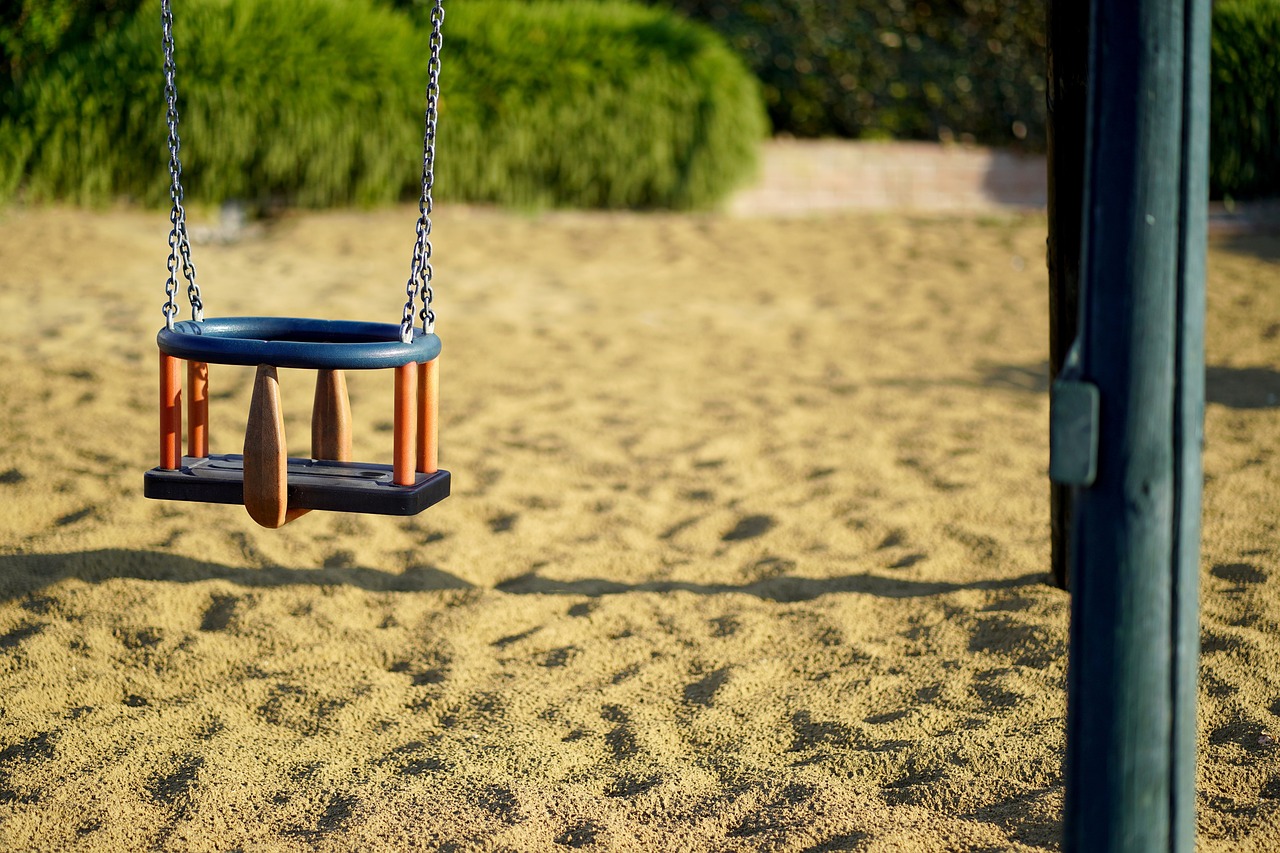
Using Security Devices
When it comes to enhancing the security of your apartment, is one of the most effective strategies you can implement. These devices not only act as a deterrent to potential intruders but also provide you with peace of mind knowing that you are taking proactive steps to protect your living space. Imagine coming home after a long day, and just knowing that your apartment is equipped with the latest technology designed to keep you safe. Sounds comforting, right?
There are several types of security devices that can be utilized to bolster your apartment's defenses. Here are some of the most popular options:
- Security Cameras: Installing security cameras at entry points can provide a visual record of who enters and exits your building. Many modern cameras come with smart features, allowing you to monitor live feeds from your smartphone.
- Motion Sensors: These devices can alert you when someone is moving in your vicinity. They can be integrated with alarms or lights to scare off unwanted visitors.
- Smart Locks: Upgrading to smart locks allows you to control access to your apartment remotely. You can lock or unlock your door using an app, making it easy to grant access to trusted friends or family without needing to hand over a physical key.
Using a combination of these devices can create a multi-layered security approach. For instance, imagine having a security camera that records footage while a motion sensor triggers an alarm if someone approaches your door unexpectedly. This dual action not only alerts you but also discourages any potential intruder from proceeding further.
Moreover, when selecting security devices, consider factors such as ease of installation, compatibility with your existing home systems, and whether they provide real-time alerts. Many devices now integrate seamlessly with home automation systems, allowing you to control everything from lighting to temperature, alongside your security measures. This integration can enhance your overall living experience while keeping safety at the forefront.
In addition to physical devices, consider utilizing security apps that can help you monitor your apartment’s security from anywhere. These applications can send notifications directly to your phone if any unusual activity is detected, ensuring that you are always in the loop. In today’s fast-paced world, having that kind of control and awareness is invaluable.
Ultimately, the goal of using security devices is to create a safe environment where you can feel at ease. By investing in the right technology, you empower yourself and your loved ones to live without the constant worry of potential threats. So, take the time to research and choose the devices that best suit your lifestyle and needs. Remember, your safety is worth every penny!
Q1: What security devices should I prioritize for my apartment?
A1: Start with the basics such as a reliable lock, security cameras at entry points, and motion sensors. Smart locks and alarm systems are excellent additions for enhanced security.
Q2: Are security cameras legal in my apartment?
A2: Yes, but it’s essential to check your lease agreement and local laws regarding the installation of security cameras, especially if they capture common areas.
Q3: How can I monitor my apartment while I'm away?
A3: Use security cameras with smartphone capabilities, and consider security apps that send alerts to your phone for any unusual activity.
Q4: Do I need professional installation for security devices?
A4: Many modern security devices are designed for easy DIY installation. However, if you're uncomfortable, hiring a professional can ensure everything is set up correctly.
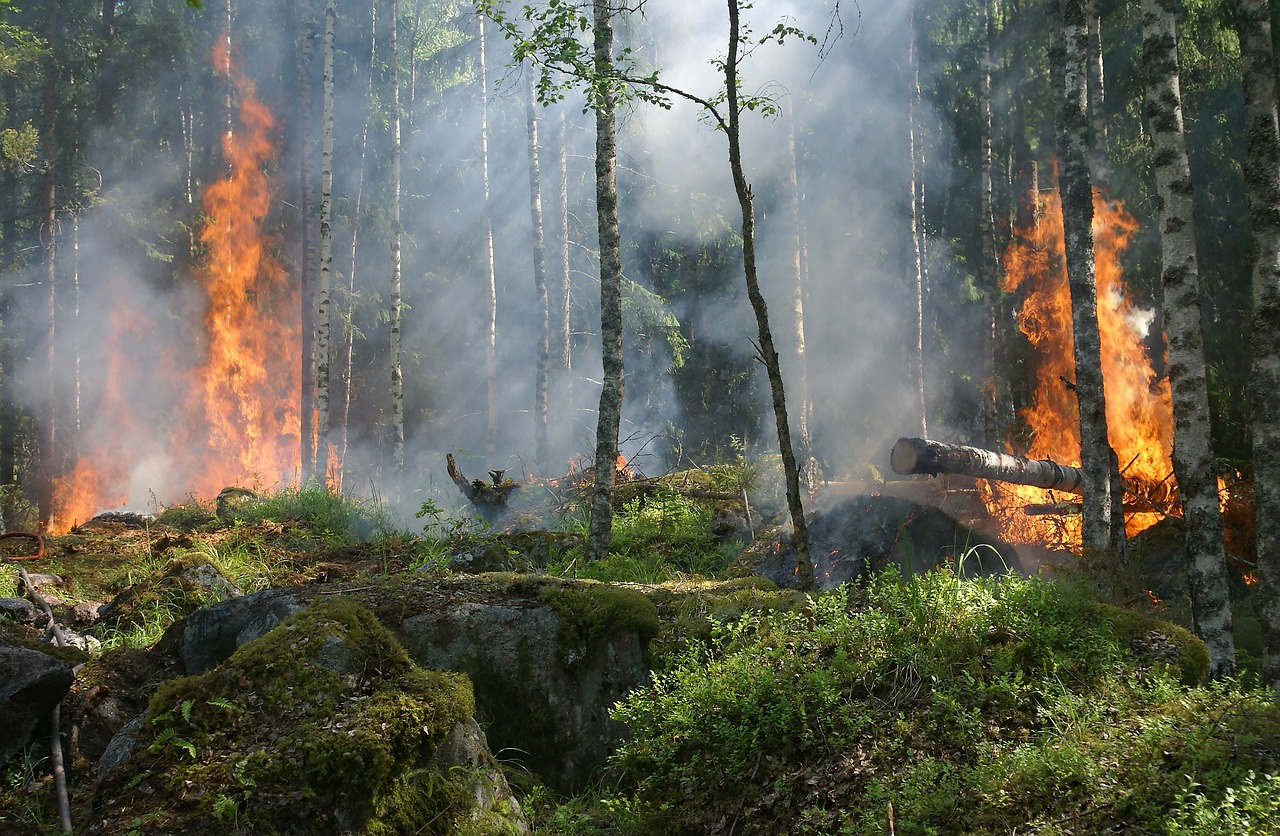
Fire Safety Precautions
Living in an apartment can be a delightful experience, but it also comes with its own set of challenges, especially when it comes to fire safety. Understanding fire safety precautions is not just a good idea; it's a necessity. Fire can spread rapidly in shared living spaces, making it crucial to be prepared and informed. One of the most important aspects of fire safety is ensuring that your apartment is equipped with smoke detectors. These devices are your first line of defense, alerting you to smoke or fire before it becomes a life-threatening situation. Make it a habit to check your smoke detectors monthly and replace the batteries at least once a year. If you hear a beep or chirp, it's time to replace the entire unit. Remember, a functioning smoke detector can be the difference between life and death.
Another essential fire safety measure is having a fire extinguisher readily available. You never know when a small fire might break out, and having the means to control it can be invaluable. Place the extinguisher in an easily accessible location, like the kitchen or near your exit route. But don’t just have it—know how to use it! Familiarize yourself with the PASS technique (Pull, Aim, Squeeze, Sweep) to effectively operate the extinguisher in case of an emergency. It’s like having a superhero in your home, ready to save the day!
In addition to these devices, it's vital to create an evacuation plan for your apartment. Sit down with your family or roommates and map out the quickest routes to safety. Identify at least two exits from your apartment and practice your escape plan regularly. This will help ensure everyone knows what to do when the alarm goes off. Consider conducting a fire drill—yes, it might feel a bit silly, but it could save lives! When you practice, you’re not just going through the motions; you’re building muscle memory that could kick in during a panic-filled moment.
Lastly, it's essential to be aware of common fire hazards in your apartment. Regularly inspect your living space for potential fire risks, such as:
- Faulty wiring or overloaded outlets
- Clutter near heat sources
- Unattended candles or cooking appliances
If you notice anything amiss, report it to your building management immediately. They are responsible for maintaining the safety of the building and should take your concerns seriously. Don’t wait until it’s too late; proactive measures can prevent a disaster.
Q: How often should I check my smoke detectors?
A: It's recommended to check your smoke detectors monthly and replace the batteries at least once a year.
Q: Where should I keep my fire extinguisher?
A: Place your fire extinguisher in an easily accessible location, such as the kitchen or near an exit, so you can grab it quickly in an emergency.
Q: What should I do if my smoke detector goes off?
A: If your smoke detector goes off, evacuate the building immediately and call emergency services. Never assume it’s a false alarm.
Q: How can I create an effective evacuation plan?
A: Map out the quickest routes to safety, identify at least two exits, and practice your escape plan regularly with everyone in your household.

Smoke Detectors
When it comes to apartment living, are your first line of defense against the threat of fire. These small devices play a critical role in ensuring your safety by providing an early warning system that can save lives. It's essential to understand how they work and the steps you need to take to keep them functioning optimally. Regular maintenance is key; that means checking your smoke detectors at least once a month. Don’t just assume they’re working because they were installed when you moved in. Test the alarm by pressing the test button. If you hear a loud beep, congratulations! Your detector is functioning. If not, it’s time to replace the batteries or even the entire unit.
But why stop at just checking? You should also replace the batteries at least once a year, and consider replacing the entire smoke detector every 10 years. Smoke detectors can fail, and you don't want to be caught off guard. To help you remember these crucial dates, you might want to set reminders on your calendar or phone. Think of it like changing the oil in your car; neglecting it can lead to serious consequences.
Additionally, ensure that your smoke detectors are installed in the right locations. According to fire safety guidelines, you should have smoke detectors on every level of your apartment, including inside each bedroom and outside sleeping areas. This strategic placement maximizes your chances of hearing the alarm in case of an emergency. If you have a larger apartment, consider installing interconnected smoke detectors. This way, if one goes off, they all will, giving you an even better chance of waking up in time to escape.
It's also crucial to be aware of the different types of smoke detectors available. The two most common types are ionization and photoelectric detectors. Ionization detectors are more responsive to flaming fires, while photoelectric detectors are better at sensing smoldering fires. For optimal safety, many experts recommend using both types in your home. Think of it as having a buddy system for your safety; each type covers the other's weaknesses.
In summary, smoke detectors are a small investment that can have a massive impact on your safety. Regular testing, battery replacement, and proper installation can significantly reduce your risk of injury or loss in the event of a fire. So take a moment today to check your smoke detectors—your future self will thank you!
- How often should I test my smoke detectors? It's recommended to test them at least once a month.
- When should I replace my smoke detectors? Replace them every 10 years or sooner if they fail to work during a test.
- Where should I install smoke detectors? Place them on every level of your apartment, inside bedrooms, and outside sleeping areas.
- What types of smoke detectors are best? A combination of ionization and photoelectric detectors provides the best protection.
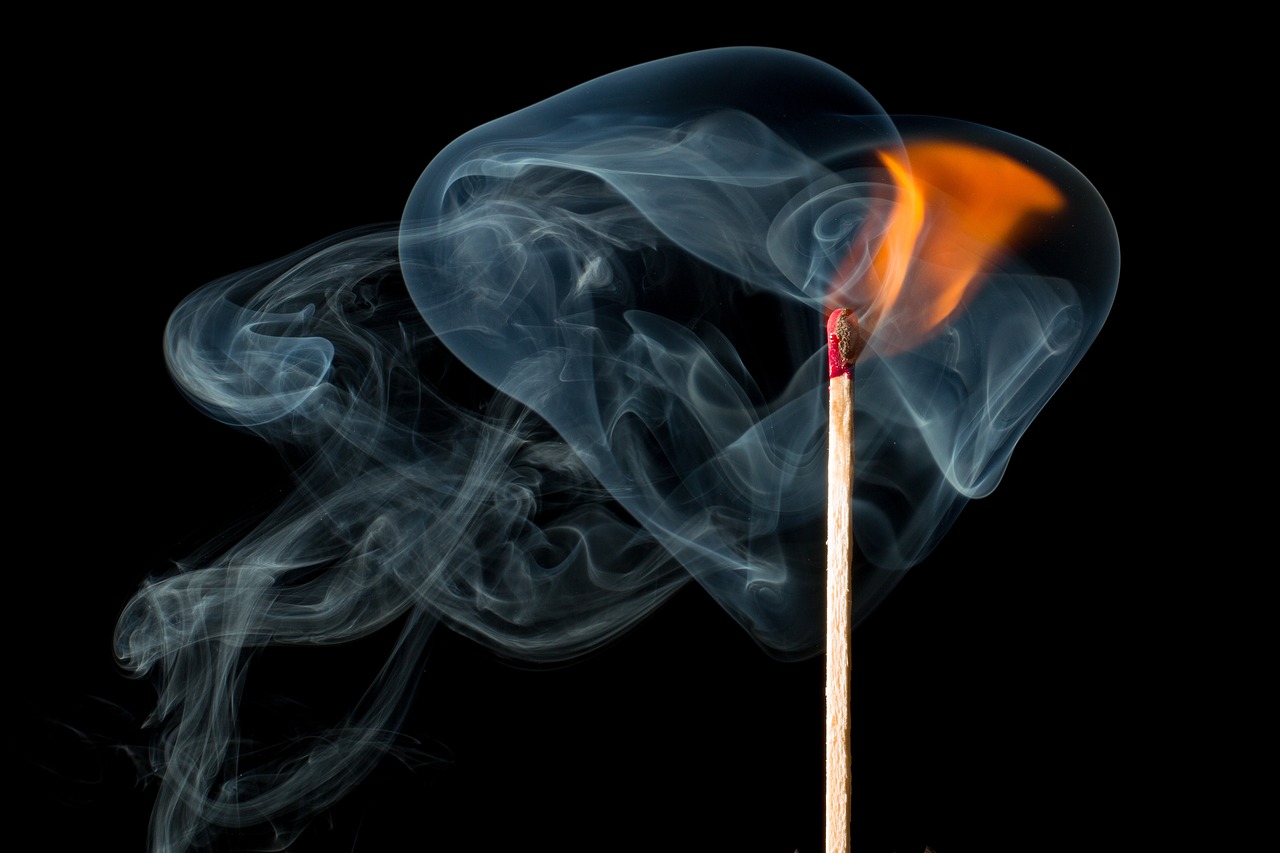
Fire Extinguishers
When it comes to fire safety in your apartment, having a fire extinguisher within easy reach can be a game changer. Imagine this: a small fire breaks out in your kitchen while you’re cooking. If you have a fire extinguisher handy, you could potentially extinguish the flames before they spread, preventing a disaster that could endanger your life and property. But simply having one isn’t enough; you need to know how to use it effectively.
Fire extinguishers are categorized into different classes based on the types of fires they are designed to combat. Understanding these classes can help you choose the right extinguisher for your apartment:
| Class | Type of Fire | Example |
|---|---|---|
| A | Ordinary combustibles (wood, paper, cloth) | Household items |
| B | Flammable liquids (gasoline, oil) | Cooking oil |
| C | Electrical fires | Wiring, appliances |
| D | Combustible metals | Sodium, potassium |
| K | Cooking oils and fats | Deep fryers |
It’s essential to have a fire extinguisher that matches the potential fire hazards in your apartment. For instance, a Class K extinguisher is particularly useful in kitchens, where cooking oils can ignite. Always check the label to ensure you’re prepared for any situation.
But what good is a fire extinguisher if you don’t know how to use it? Familiarize yourself with the P.A.S.S. technique, which stands for:
- Pull the pin
- Aim low at the base of the fire
- Squeeze the handle
- Sweep side to side
Practicing this technique can make all the difference in a real emergency. Remember, safety comes first; if the fire is too large or you feel threatened, evacuate immediately and call emergency services. Your life is far more valuable than any material possession.
Lastly, regularly check your fire extinguisher for signs of wear and tear, and ensure it’s charged and ready for use. Most extinguishers have a gauge that indicates whether they are full. If you’re unsure, don’t hesitate to consult the manufacturer’s instructions or local fire safety guidelines. Keeping your fire extinguisher in good condition is just as crucial as knowing how to use it!
Q: How often should I check my fire extinguisher?
A: It's recommended to check your fire extinguisher monthly to ensure it's charged and in good condition. Also, have it serviced every 5 to 6 years, or as per the manufacturer's guidelines.
Q: Where should I place my fire extinguisher?
A: Place your fire extinguisher in an easily accessible location, such as near the kitchen or exit points, but away from potential fire hazards.
Q: Can I use a fire extinguisher on an electrical fire?
A: Yes, but only if it is a Class C extinguisher. Always ensure to cut off the power supply if possible before attempting to extinguish an electrical fire.
Q: What should I do if I can't put out the fire?
A: If the fire is too large or out of control, evacuate immediately and call emergency services. Your safety is the priority!

Personal Safety Measures
When it comes to apartment living, personal safety should always be at the forefront of your mind. Think of your apartment as your personal fortress; it’s essential to fortify it against potential threats while also being aware of your surroundings. One of the simplest yet most effective measures is to stay alert. This means being conscious of who is around you, especially when you’re entering or exiting your building. Have you ever walked into your apartment building and noticed someone lingering? That gut feeling you get is your intuition kicking in—never ignore it! Trusting your instincts can often prevent unwanted situations.
Another crucial aspect of personal safety is learning basic self-defense techniques. Imagine being able to confidently navigate your environment, knowing that you have the skills to protect yourself if the need arises. Self-defense classes are not just about learning how to fight; they empower you, boost your confidence, and teach you how to defuse potentially dangerous situations. Plus, it can be a fun way to meet new people in your community!
It's also important to consider the use of technology in enhancing your personal safety. There are numerous apps available that can share your location with trusted friends or family members. This is particularly useful if you’re out late or feel uneasy about a situation. Additionally, having a personal safety device, such as a whistle or a pepper spray, can provide an extra layer of security. Just remember, these tools should be used responsibly and only in situations where you genuinely feel threatened.
Moreover, establishing a routine can significantly enhance your safety. For instance, always take the same route to your car or public transport, and try to avoid dark or secluded areas. Familiarity can be your best friend; the more you know your surroundings, the easier it will be to spot anything that feels off. If you notice a strange vehicle parked near your building or unfamiliar faces loitering, don’t hesitate to report it to your building management or local authorities.
Lastly, creating a network of trusted friends and neighbors can greatly enhance your safety. Having a group of people you can rely on adds a layer of security; you can look out for each other. Consider organizing a small gathering to meet your neighbors better. A friendly chat over coffee can lead to forming connections that might prove invaluable in emergencies. Remember, safety in numbers isn’t just a saying; it’s a practical approach to living securely in an apartment community.
Q: How can I stay aware of my surroundings?
A: Staying aware involves being conscious of the people around you and the environment. Avoid distractions like your phone when entering or exiting your apartment. Take note of any unusual behavior or situations.
Q: What should I do if I feel threatened?
A: Trust your instincts. If you feel unsafe, seek help immediately. Use your phone to call a friend or local authorities. If you have a personal safety device, don’t hesitate to use it.
Q: Are self-defense classes worth it?
A: Absolutely! Self-defense classes not only teach you how to protect yourself but also boost your confidence and awareness. They can be a great way to meet new people and build a supportive community.
Q: How can I create a safety network?
A: Start by introducing yourself to your neighbors. Organize small gatherings or community events to foster relationships. The more you know the people around you, the easier it is to establish a support system.

Awareness of Surroundings
In today’s fast-paced world, being aware of your surroundings is not just a good habit; it’s a necessary skill that can significantly enhance your safety, especially when living in an apartment complex. Think of your environment as a stage where every little detail plays a part in your safety narrative. Have you ever walked into a room and felt the energy shift? That’s your intuition at work, and it’s crucial to listen to it. By staying alert and observant, you can identify potential threats before they escalate into serious problems.
Start by making it a routine to scan your environment whenever you enter or exit your apartment. Look for anything that seems out of place—like unfamiliar faces loitering around or doors that are ajar when they shouldn't be. Trust your instincts! If something feels off, it probably is. It’s like being a detective in your own life; you need to gather clues and piece together the overall picture to keep yourself safe.
Moreover, engaging with your neighbors can enhance this awareness. They can be your eyes and ears when you’re not around. Consider having casual chats with them to build a rapport. You could even create a small communication network where everyone shares any suspicious activity they notice. This sense of community can act as a safety net, making it harder for potential threats to go unnoticed.
Also, remember that your smartphone is a powerful tool in this regard. Use it wisely! If you notice something concerning, don’t hesitate to document it or report it to the authorities. Apps that allow you to share your location with trusted contacts can also be beneficial. Just like a safety net, these tools can provide you with an extra layer of security.
Ultimately, being aware of your surroundings is about empowerment. It’s about taking control of your safety and being proactive rather than reactive. So, the next time you step out, take a moment to observe. Your attention to detail could be the difference between a peaceful day and a potentially dangerous situation.
- What should I do if I notice suspicious activity in my apartment complex?
If you notice anything suspicious, trust your instincts. Document the details and report it to your building management or local authorities immediately.
- How can I build a rapport with my neighbors?
Start with small conversations in common areas or organize a casual get-together to foster community spirit.
- Are there any specific apps recommended for personal safety?
There are several personal safety apps available, such as Life360 and Noonlight, which can help you share your location with trusted contacts and alert authorities in emergencies.

Self-Defense Techniques
When it comes to apartment living, enhancing your personal safety is not just about securing your front door or installing a fancy lock. It's also about being prepared to protect yourself in potentially dangerous situations. are invaluable tools that can empower you to take control of your personal safety. Imagine walking to your car at night, and suddenly, you feel uneasy. Having some self-defense skills can transform that anxiety into confidence, allowing you to navigate your surroundings with assurance.
Self-defense isn't just about physical strength; it's about awareness, strategy, and the ability to react effectively. One of the first steps to mastering self-defense is understanding the importance of situational awareness. This means being aware of your environment and recognizing any potential threats before they become serious problems. For instance, if you notice someone following you, having the knowledge of how to respond can make all the difference. Self-defense classes often teach participants how to assess situations and make quick decisions to ensure their safety.
Moreover, learning basic self-defense moves can provide you with the skills needed to escape an uncomfortable or dangerous situation. Techniques such as the front kick, elbow strike, and escape from wrist grabs are not only practical but can also be easily learned and practiced. Here are a few essential techniques that can be beneficial:
- Front Kick: Targeting an attacker's knee or groin can create enough distance for you to escape.
- Elbow Strike: This technique is effective in close quarters, using the elbow to strike vulnerable areas.
- Wrist Release: If someone grabs your wrist, rotating your wrist towards their thumb can help you break free.
It's also crucial to remember that self-defense is not just about physical techniques; it's about mental preparedness as well. Engaging in regular training can help you build muscle memory, making it easier to react instinctively when faced with a threat. Consider enrolling in a local self-defense class or martial arts program. These environments not only teach you effective techniques but also foster a sense of community and support among participants.
Finally, while self-defense techniques are essential, it's equally important to know when to use them. The goal of self-defense is not to engage in combat but to escape and seek safety. Always prioritize your safety and well-being over confrontation. By combining situational awareness, physical techniques, and mental preparedness, you can create a comprehensive approach to your personal safety in apartment living.
Q: Do I need to be strong to learn self-defense?
A: Absolutely not! Self-defense techniques can be learned by anyone, regardless of physical strength. The focus is on technique and strategy rather than brute force.
Q: How often should I practice self-defense techniques?
A: Regular practice is key. Aim to practice at least once a week to build muscle memory and confidence. Joining a class can provide structured practice.
Q: What if I can't find a self-defense class nearby?
A: There are plenty of online resources, including videos and tutorials, that can help you learn self-defense techniques in the comfort of your own home.
Q: Is it necessary to carry self-defense tools?
A: While tools like pepper spray or personal alarms can be helpful, self-defense skills are more important. Tools should be used as a supplement to your skills, not a replacement.
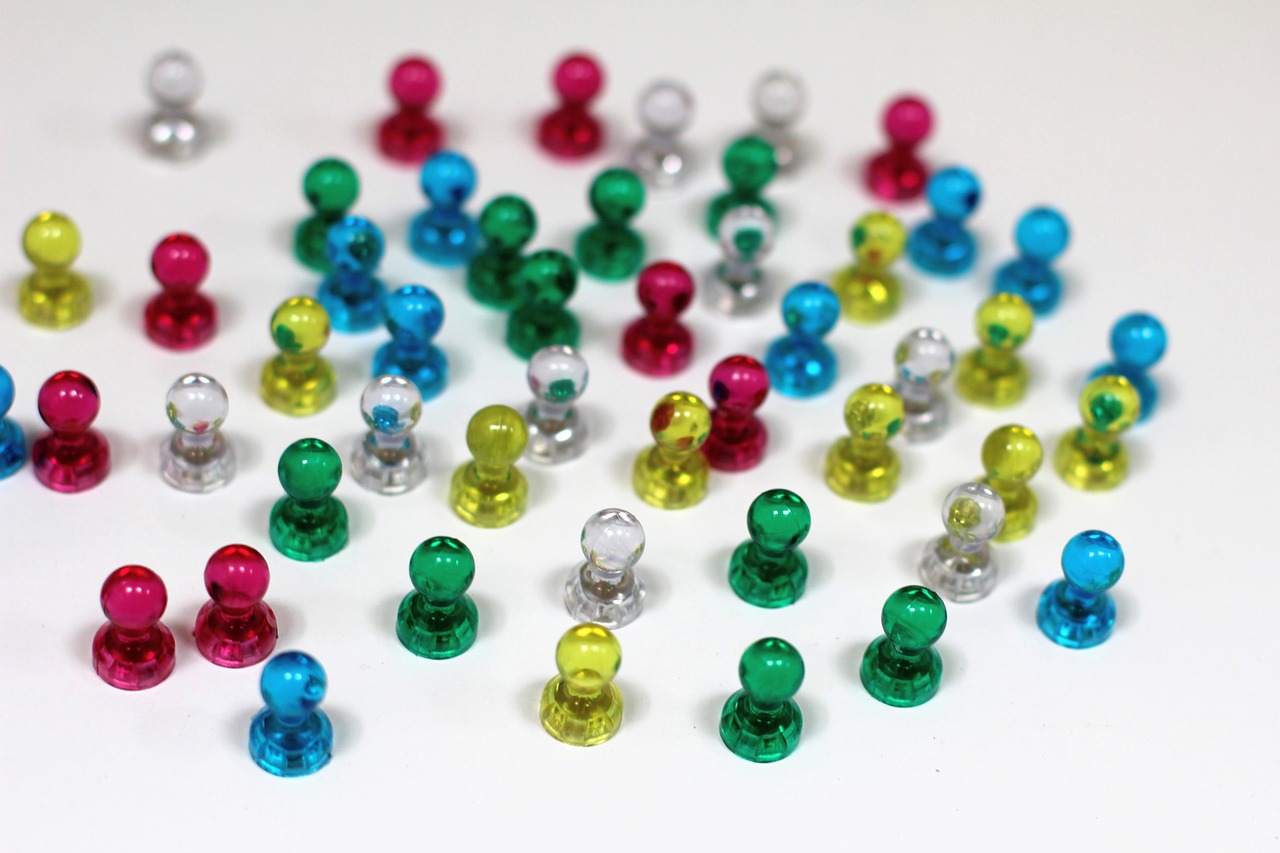
Community Involvement
Engaging with your apartment community is not just about knowing your neighbors; it's about creating a **stronger, safer environment** for everyone. When you actively participate in community activities, you foster a sense of belonging and trust among residents. This connection can be pivotal, especially in times of need. Have you ever thought about how a simple conversation with a neighbor could lead to a **support network** that enhances your safety? It's like having an extended family right next door, ready to lend a hand or keep an eye out for each other.
One of the best ways to get involved is by participating in or even starting a neighborhood watch program. These programs empower residents to look out for one another, sharing information about suspicious activities and ensuring that everyone feels secure in their homes. The beauty of a neighborhood watch is that it promotes vigilance, encourages communication, and creates a collective responsibility for safety. Imagine walking down your street and feeling that sense of community, where everyone is looking out for each other—it's like having a safety net woven through your neighborhood.
Additionally, attending community events can significantly strengthen relationships with your neighbors. Whether it’s a block party, a holiday celebration, or a simple potluck dinner, these gatherings provide opportunities for residents to connect on a personal level. Such interactions can break down barriers and foster collaboration on safety initiatives. When people know each other, they’re more likely to communicate about potential concerns, whether it’s a suspicious person hanging around or a safety hazard that needs attention. It’s amazing how much more vigilant we become when we feel a sense of belonging.
Moreover, community involvement can lead to the establishment of shared resources, such as a community garden or a tool-sharing program, which not only enhances the living experience but also encourages cooperation among residents. The more you engage, the more you contribute to a **vibrant, secure community** where everyone feels valued and protected. So, why not take the first step? Attend a meeting, join a group, or simply introduce yourself to a neighbor. You never know how a small effort can lead to a **big impact** in your living space.
- How can I get involved in my apartment community?
Start by attending community meetings or events. Introduce yourself to your neighbors and express your interest in participating in activities. - What are the benefits of a neighborhood watch program?
Neighborhood watch programs promote safety, foster communication among residents, and create a sense of community responsibility. - How can community events enhance safety?
Community events help build relationships, making it easier for residents to communicate about safety concerns and work together to address them.
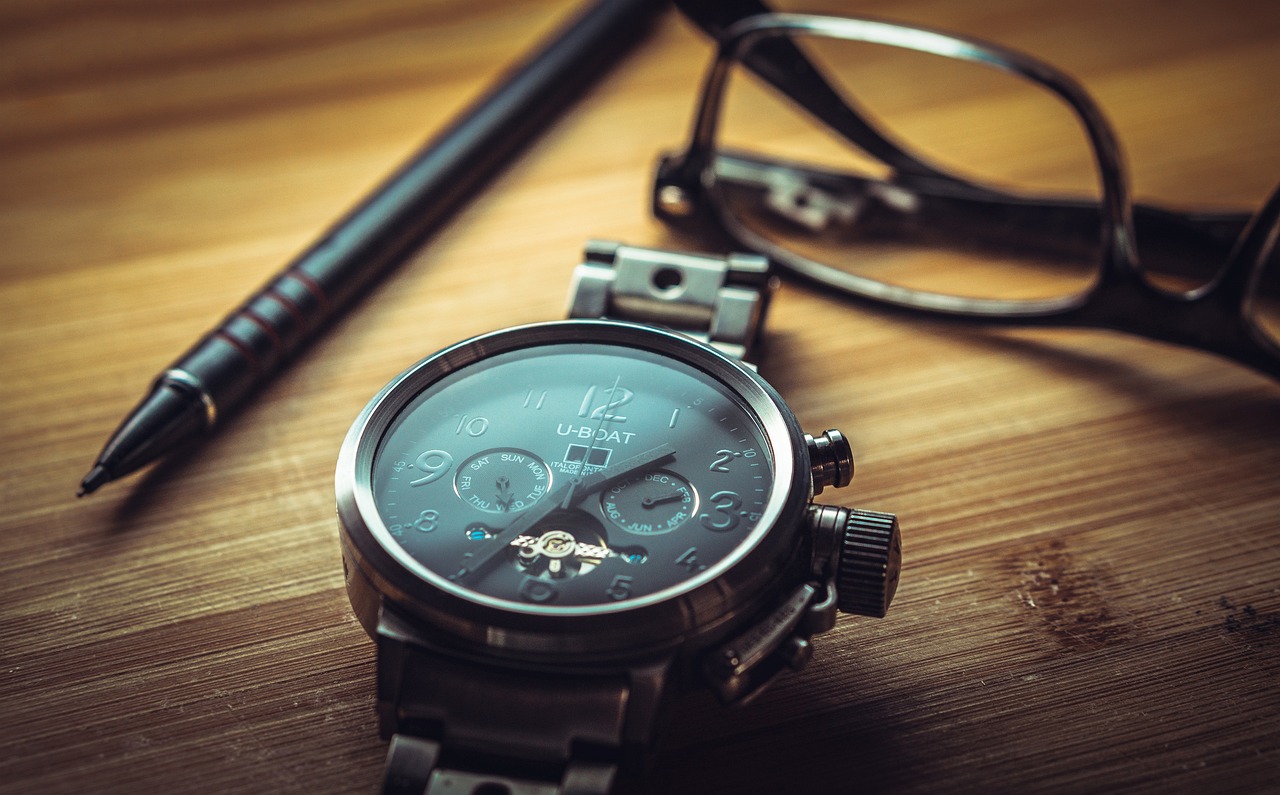
Neighborhood Watch Programs
Neighborhood watch programs are a fantastic way to foster a sense of community while enhancing safety in your apartment complex. These programs encourage residents to be vigilant and proactive about their surroundings, creating a network of eyes and ears that can deter crime. Imagine living in a place where everyone looks out for one another—sounds like a dream, right? Well, it can be a reality!
Participating in a neighborhood watch program can significantly reduce the likelihood of crime in your area. When potential wrongdoers see that a community is engaged and alert, they are less likely to target it. It’s like having a fortress of safety built on the foundation of neighborly cooperation. But how do you get started? First, you can reach out to your building management or local law enforcement to see if a program already exists. If not, consider taking the initiative to start one yourself!
Here are some essential steps to establishing a neighborhood watch program:
- Gather Interested Residents: Start by talking to your neighbors about the idea. You might be surprised at how many people are eager to participate!
- Set Up Meetings: Organize regular meetings to discuss safety concerns, share information, and plan community events.
- Collaborate with Local Authorities: Establish a relationship with local police. They can provide valuable resources and training.
- Create a Communication System: Use group chats or social media to keep everyone informed about local issues or suspicious activities.
By fostering open communication and collaboration, neighborhood watch programs not only enhance safety but also build friendships and a sense of belonging. When you know your neighbors, you're more likely to look out for each other, creating a supportive environment that benefits everyone. Plus, community events organized through these programs can be a great way to strengthen those bonds. Imagine hosting a barbecue or a block party where everyone can connect and share ideas on keeping the neighborhood safe.
In conclusion, getting involved in a neighborhood watch program is a proactive step every apartment dweller should consider. It’s about creating a community where safety is a shared responsibility and where everyone plays a part in looking out for one another. So, why not take that first step today? Reach out to your neighbors and start a conversation about forming a neighborhood watch. Together, you can build a safer, more connected living space!
Q: What is a neighborhood watch program?
A: A neighborhood watch program is a community-based initiative where residents work together to monitor their surroundings and report suspicious activities to local authorities.
Q: How can I start a neighborhood watch in my apartment complex?
A: Start by talking to your neighbors about the idea, organizing meetings, collaborating with local law enforcement, and creating a communication system among participants.
Q: Are neighborhood watch programs effective?
A: Yes! Studies have shown that active neighborhood watch programs can significantly reduce crime rates by increasing community vigilance and cooperation.
Q: What should I do if I see suspicious activity?
A: Remain calm and observe the situation closely. Take note of any details such as descriptions of individuals, vehicles, and the nature of the activity. Then, report your observations to local law enforcement.
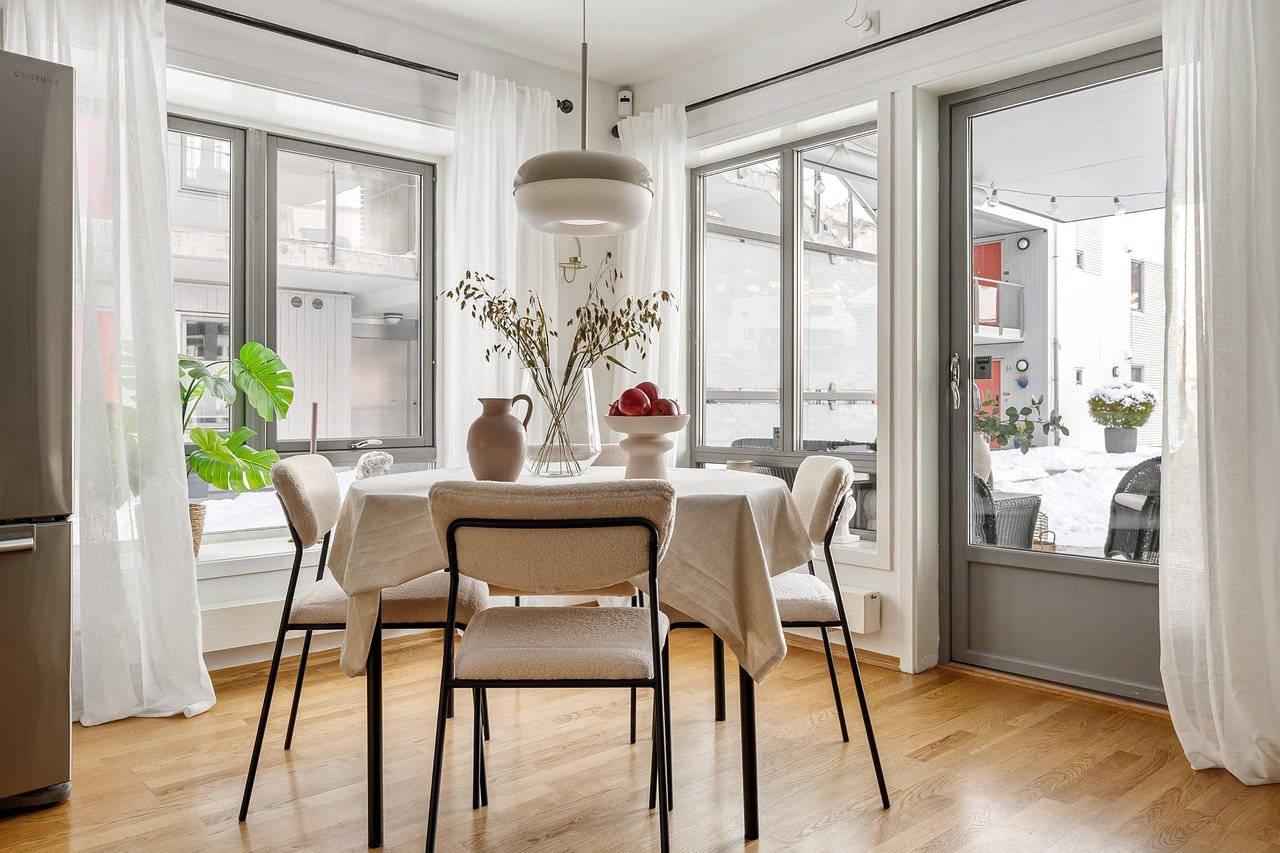
Community Events
Participating in is one of the most rewarding ways to enhance your apartment living experience. These gatherings not only foster a sense of belonging but also significantly contribute to the overall safety of your living environment. When residents come together, they create a tight-knit community where everyone looks out for one another. Imagine living in a place where you know your neighbors by name and can rely on them in times of need—this is the magic that community events can bring!
Community events can take many forms, from casual get-togethers like potlucks and barbecues to organized activities such as clean-up days and safety workshops. These occasions provide a great opportunity to meet your neighbors, share stories, and discuss any safety concerns you might have. When people are engaged and familiar with each other, they're more likely to notice suspicious activities and report them, creating a safer living space for everyone.
Moreover, these events often include fun activities for families and children, which can help in building a more inclusive environment. When children play together, parents naturally form connections, creating a network of support that extends beyond just safety. For instance, you might find that a neighbor is willing to watch your kids for a few hours, or you could organize a carpool for school drop-offs, which can strengthen community ties.
To make the most of community events, consider the following tips:
- Be Proactive: Don't wait for someone else to organize an event. If you have an idea, share it! Whether it’s a movie night or a gardening club, taking the initiative can inspire others to get involved.
- Stay Informed: Keep an eye on community boards or social media groups for announcements about upcoming events. Being in the loop means you won’t miss out on valuable opportunities to connect.
- Encourage Participation: If you're organizing an event, encourage your neighbors to bring their friends and family. The more, the merrier—and the safer!
In essence, community events are not just about having a good time; they are a crucial part of building a resilient and secure living environment. So, get out there, engage with your neighbors, and make the most of the community spirit that can transform your apartment living experience into something truly special!
1. Why should I participate in community events?
Participating in community events helps build relationships with your neighbors, enhances safety, and creates a supportive network that can be beneficial in emergencies.
2. How can I find out about upcoming community events?
You can check community bulletin boards, local social media groups, or newsletters circulated by your building management for information about upcoming events.
3. What types of events can I organize?
You can organize a variety of events, such as potlucks, movie nights, gardening clubs, or safety workshops. The key is to choose something that interests you and your neighbors!
4. How can community events improve safety?
When residents know each other and communicate regularly, they are more likely to look out for one another and report any suspicious activities, creating a safer living environment.
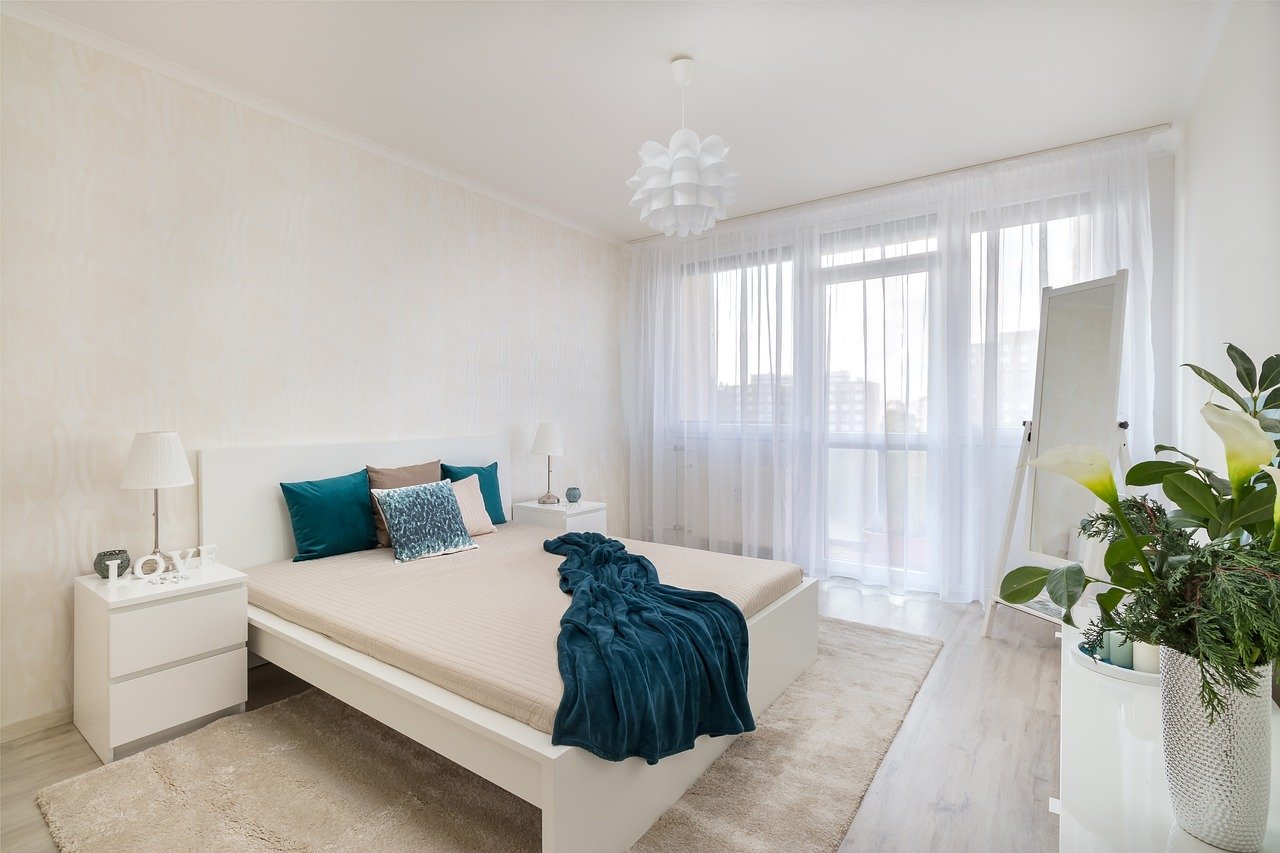
Regular Safety Assessments
Conducting in your apartment and the surrounding building is not just a good idea; it’s a necessity for ensuring your safety and peace of mind. Think of it as a routine health check-up, but instead of monitoring your physical well-being, you’re assessing your living environment. Just as you wouldn’t ignore a persistent cough, you shouldn’t overlook potential hazards in your home. Regular assessments can help you identify risks before they escalate into serious problems, so let’s dive into what you should be looking for.
Start by inspecting your apartment for any potential hazards. This could include checking for faulty wiring, which can lead to electrical fires, or ensuring that exits are not blocked by furniture or clutter. It’s important to look at both the inside and outside of your apartment. For instance, if you notice that the stairwells are poorly lit or there are loose handrails, these are issues that need to be reported immediately. Consider creating a checklist to guide your assessments, which might include:
- Checking smoke detectors and fire alarms.
- Inspecting the condition of windows and doors.
- Ensuring that emergency exits are clear and accessible.
- Identifying any signs of water damage or mold.
In addition to personal assessments, it’s equally important to engage with your building management about safety issues. If you notice something that could pose a risk to you or your neighbors, report it promptly. This could include anything from broken locks on doors to malfunctioning security cameras. Building management is responsible for maintaining a safe environment, and your input can help them address issues before they become larger problems.
Moreover, consider involving your neighbors in these safety assessments. A fresh pair of eyes can often spot things you might miss, and discussing safety concerns can foster a sense of community. You might even establish a regular meeting to share findings and brainstorm solutions together. Remember, safety is not just an individual responsibility; it’s a collective effort.
Finally, document your findings during these assessments. Keeping a record of what you’ve observed can be beneficial for both you and your building management. If a safety issue arises later, having a history of reported problems can help expedite resolutions. Regular safety assessments not only help create a safer living environment but also empower you as a resident to take charge of your own safety.
Q: How often should I conduct safety assessments in my apartment?
A: It’s recommended to conduct safety assessments at least once every three months, or more frequently if you notice any changes or issues in your living environment.
Q: What should I do if I find a safety hazard?
A: Report the hazard to your building management immediately. If it’s an emergency, contact local authorities or emergency services.
Q: Can I involve my neighbors in safety assessments?
A: Absolutely! Involving neighbors can create a stronger sense of community and help identify safety issues that you might overlook.
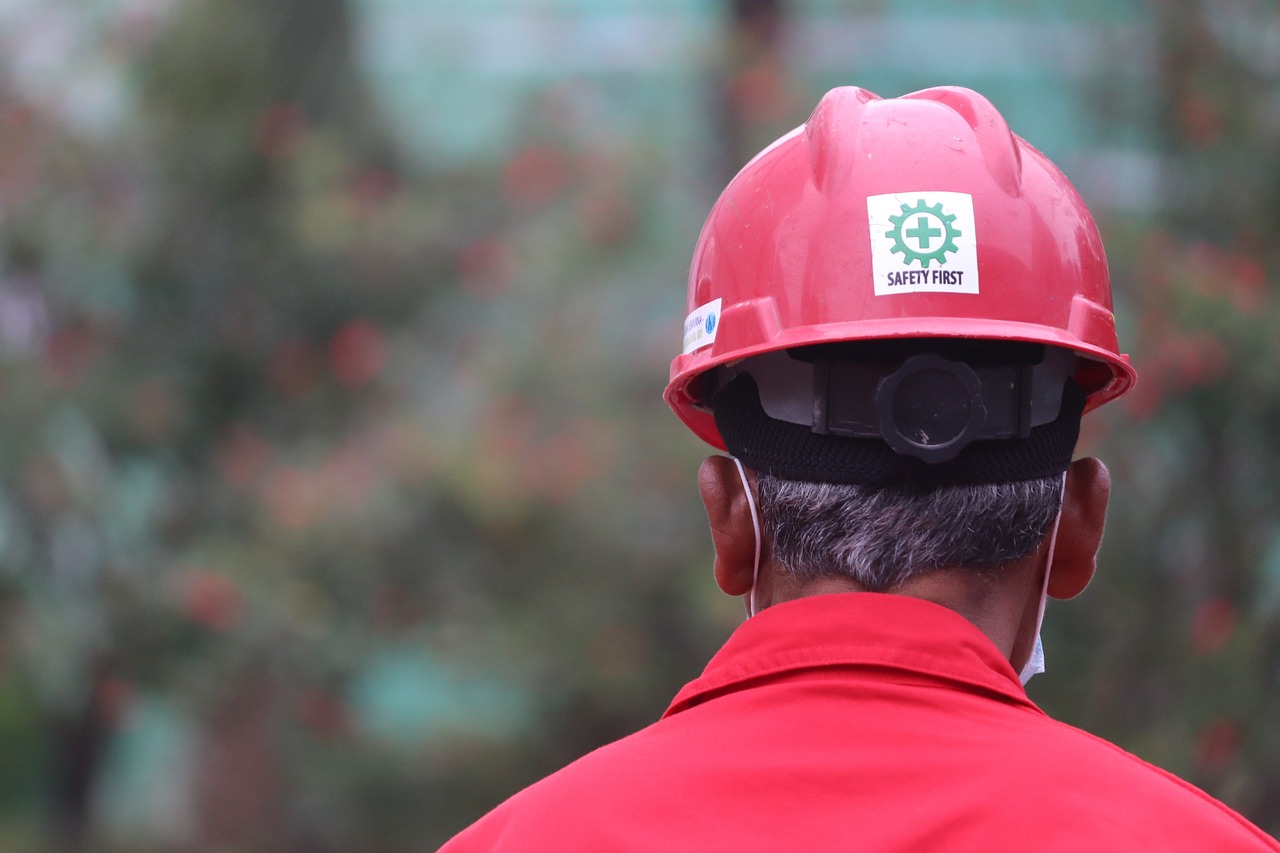
Identifying Hazards
Living in an apartment can be a delightful experience, but it comes with its own set of safety challenges. One of the most important steps you can take to ensure your safety is to regularly inspect your living space for potential hazards. Just like a detective on a mission, you need to be vigilant and observant, looking for anything that could pose a risk to your well-being.
Start by checking the obvious places—your kitchen and bathroom. In the kitchen, be on the lookout for any frayed electrical cords, which can lead to short circuits and fires. Make sure that all your appliances are in good working condition. For instance, if your microwave is giving off a strange smell or your toaster is sparking, it’s time to address these issues. In the bathroom, check for slippery surfaces and ensure that all plumbing is functioning properly to avoid leaks that could lead to mold growth.
Next, turn your attention to the living room and bedroom. Look for loose rugs that could cause trips and falls, especially if you have pets or young children. Ensure that your furniture is arranged in a way that allows for easy movement and access to exits. Keep an eye out for any blocked pathways that could hinder your escape in case of an emergency. It's also a good idea to check your smoke detectors; they should be tested monthly, and batteries should be replaced at least once a year.
Don't forget about the exterior of your apartment as well. Inspect the hallways and stairwells for any obstructions or poor lighting that could create a hazardous environment. Make sure that fire exits are clearly marked and accessible. If you notice any issues, such as burned-out light bulbs or clutter in the stairwells, report them to your building management immediately.
Finally, consider keeping a hazard checklist handy. This can serve as a reminder of what to look for during your inspections. Here’s a simple example:
| Hazard Type | What to Check | Action Required |
|---|---|---|
| Electrical | Frayed cords, malfunctioning appliances | Repair or replace immediately |
| Fire Safety | Smoke detectors, fire exits | Test alarms, clear exits |
| Slips and Falls | Loose rugs, cluttered pathways | Secure rugs, clear pathways |
By taking the time to identify hazards in your apartment, you not only enhance your safety but also contribute to a safer living environment for your neighbors. Remember, safety is a shared responsibility. So, keep your eyes peeled and don’t hesitate to take action when something feels off!
Q: How often should I conduct a safety assessment of my apartment?
A: It's best to conduct a safety assessment at least once a month. This way, you can catch any potential hazards early and address them promptly.
Q: What should I do if I find a safety hazard?
A: If you identify a hazard, report it to your building management immediately. They are responsible for ensuring the safety of all residents.
Q: Are there any specific tools I need for identifying hazards?
A: While you don't need any special tools, having a flashlight can help you inspect dark areas, and a checklist can keep you organized during your assessment.
Q: Can my neighbors help with safety assessments?
A: Absolutely! Collaborating with neighbors can provide additional perspectives on safety and help you identify hazards that you might have missed.
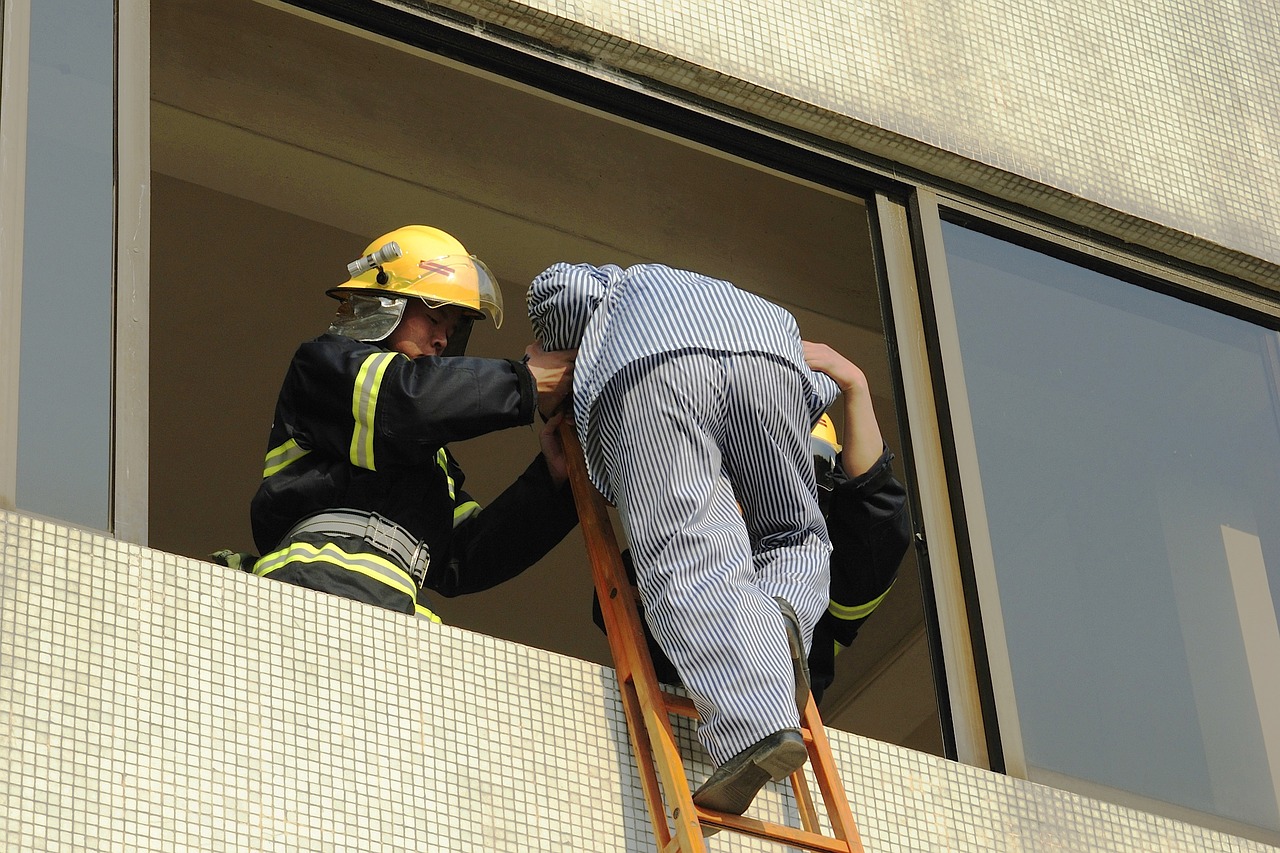
Reporting Issues
When it comes to living in an apartment, being proactive about safety means not just securing your own space, but also ensuring that the entire building is a safe haven for all residents. If you notice any safety issues, such as malfunctioning smoke detectors, broken locks, or even loose handrails, it's essential to report these problems promptly. Not only does this help maintain a secure environment, but it also fosters a sense of community responsibility among neighbors.
Start by identifying the appropriate channels for reporting issues. Most apartment complexes have a management office or a dedicated maintenance team that handles such complaints. Make sure you have their contact information readily available, as this will allow you to act quickly when you spot a problem. You might find that many buildings have an online portal or a mobile app for reporting issues, making it even easier to communicate your concerns.
When reporting an issue, be clear and concise. Describe the problem in detail, including the location and any specific details that could help the maintenance team address it effectively. For example, instead of simply stating, “The elevator is broken,” you could say, “The elevator on the 5th floor is not responding to calls and shows an error message.” This kind of detailed information not only speeds up the resolution process but also helps the management prioritize their tasks.
To illustrate the importance of reporting issues, consider the following table that outlines common safety issues and the potential risks associated with them:
| Safety Issue | Potential Risk |
|---|---|
| Broken Locks | Unauthorized access to apartments, theft |
| Malfunctioning Smoke Detectors | Increased risk of injury or death in a fire |
| Blocked Exits | Inability to evacuate during emergencies |
| Faulty Wiring | Fire hazards, electrical shocks |
Moreover, it’s beneficial to keep a record of your reports. This can be as simple as jotting down the date you reported the issue and any follow-up communications you have with management. If a problem persists, having a documented history can help you advocate for timely action. Remember, your safety is paramount, and by reporting issues, you not only protect yourself but also contribute to the well-being of your entire apartment community.
Lastly, encourage your neighbors to be vigilant as well. A community that communicates effectively about safety concerns is a community that thrives. By fostering an environment where everyone feels responsible for reporting issues, you can create a safer, more secure living space for all residents.
- What should I do if I notice a safety issue in my apartment?
Report it to your building management or maintenance team as soon as possible, providing detailed information about the issue. - How can I ensure my reports are taken seriously?
Be clear and concise in your description, and keep a record of your communications with management. - Is there a time limit for reporting issues?
While it’s best to report issues immediately, most management teams appreciate prompt reporting of any safety concerns, regardless of the timing. - Can I report issues anonymously?
Some buildings may allow for anonymous reporting, but it’s generally more effective to provide your contact information for follow-up.
Frequently Asked Questions
- What should I do if I find a security issue in my apartment?
If you notice any security issues, such as broken locks or faulty intercom systems, it's crucial to report them to your building management immediately. Prompt action can help prevent potential break-ins and ensure your safety.
- How can I create an effective safety plan for emergencies?
Start by identifying all possible evacuation routes from your apartment. Make sure to practice these routes regularly. Additionally, compile a list of emergency contacts, including local authorities and trusted neighbors, to ensure you can reach help quickly when needed.
- What security devices should I consider for my apartment?
Investing in security cameras, motion sensors, and smart locks can significantly enhance your apartment's security. These devices not only deter potential intruders but also give you peace of mind knowing you have extra layers of protection.
- How often should I check my smoke detectors?
It's recommended to check your smoke detectors at least once a month and replace the batteries every six months. Regular maintenance ensures they function properly and provide early warnings in case of fire.
- What are some personal safety measures I can take?
Staying aware of your surroundings is key. Always look around when entering or exiting your apartment. Additionally, consider learning basic self-defense techniques to boost your confidence and readiness in case of an emergency.
- How can community involvement enhance safety?
Engaging with your neighbors through community events or neighborhood watch programs fosters a sense of belonging and vigilance. This cooperation can lead to a safer environment as residents look out for one another.
- What should I do if I identify a hazard in my apartment?
If you spot potential hazards, like faulty wiring or blocked exits, report them to your building management as soon as possible. Addressing these issues promptly can help ensure a safe living environment for everyone.


